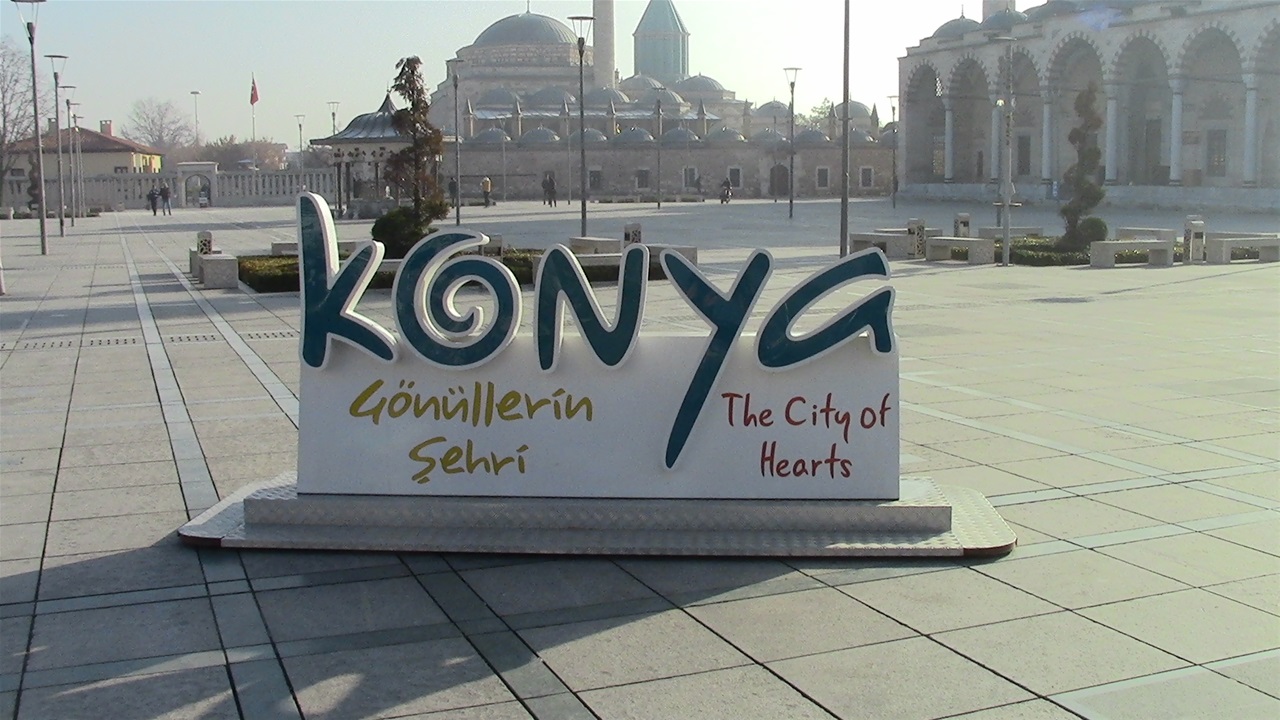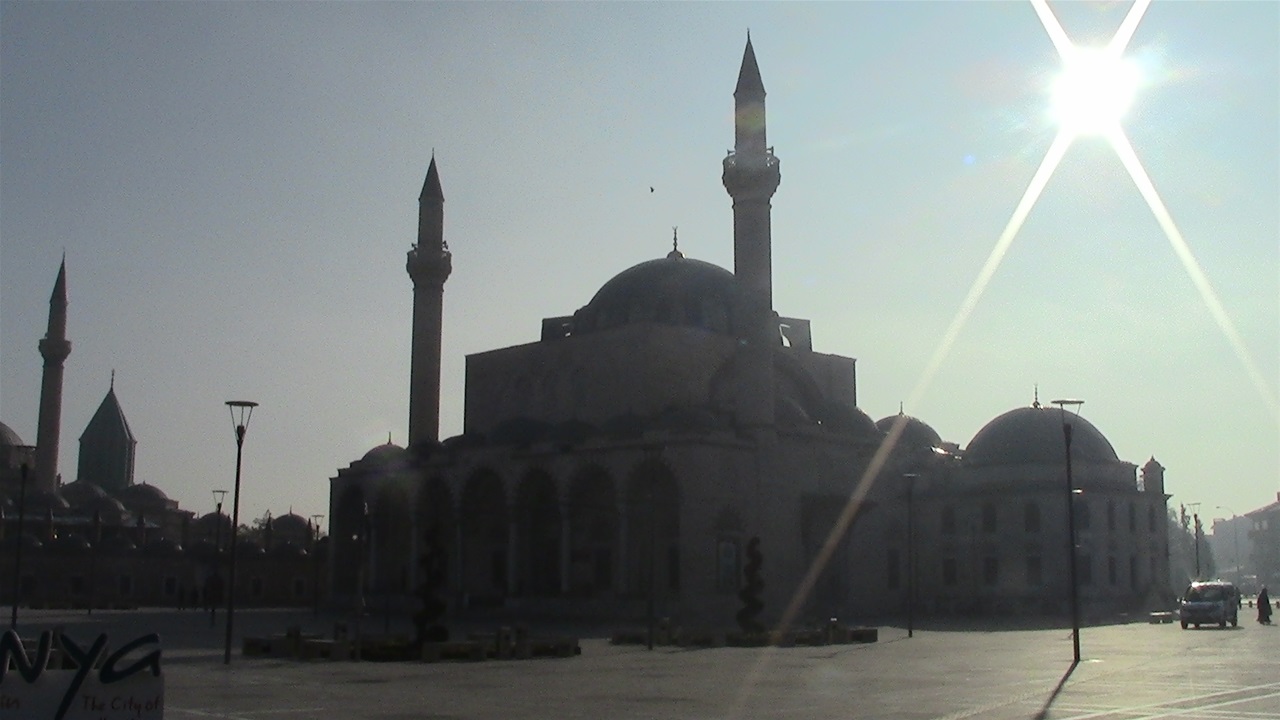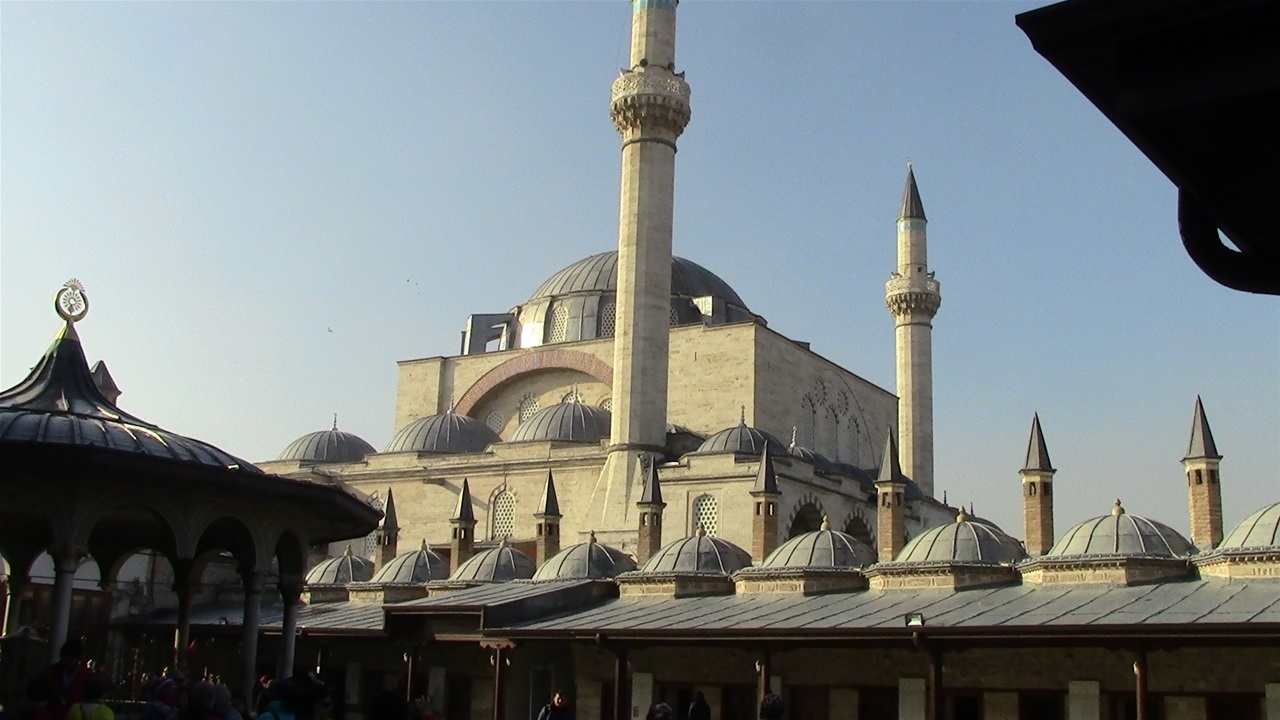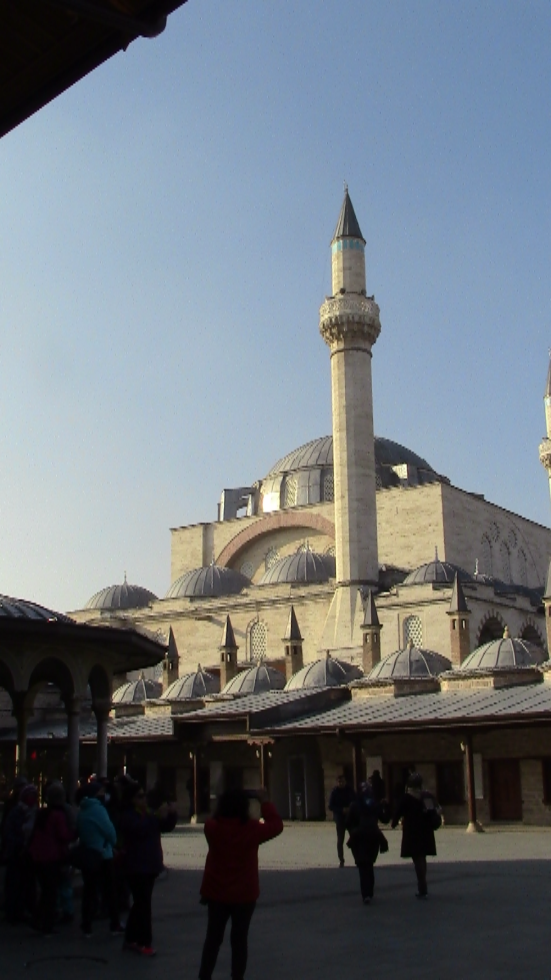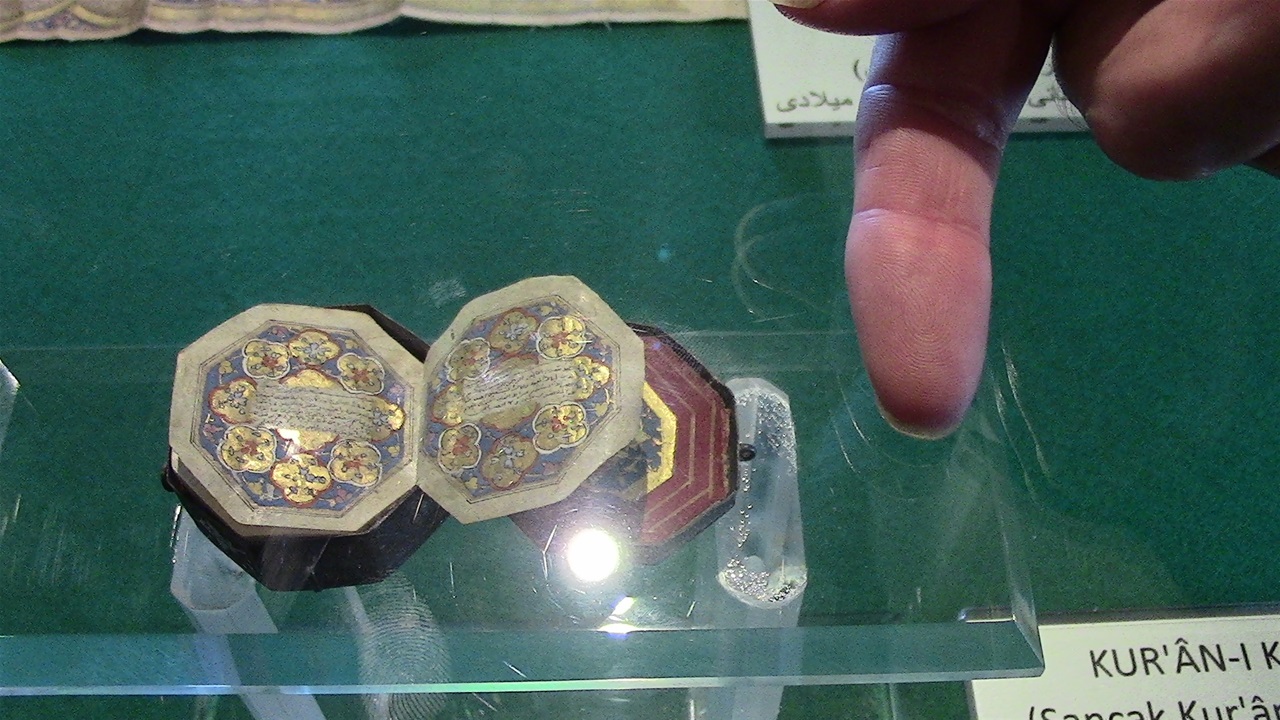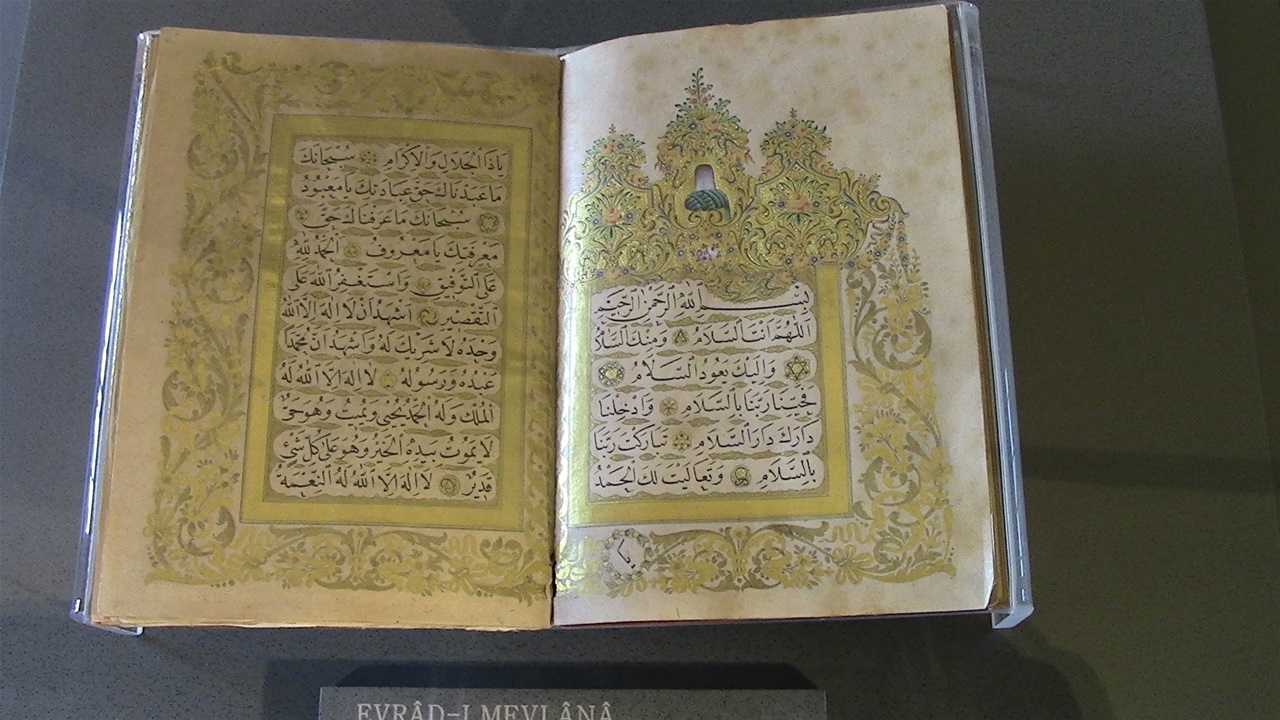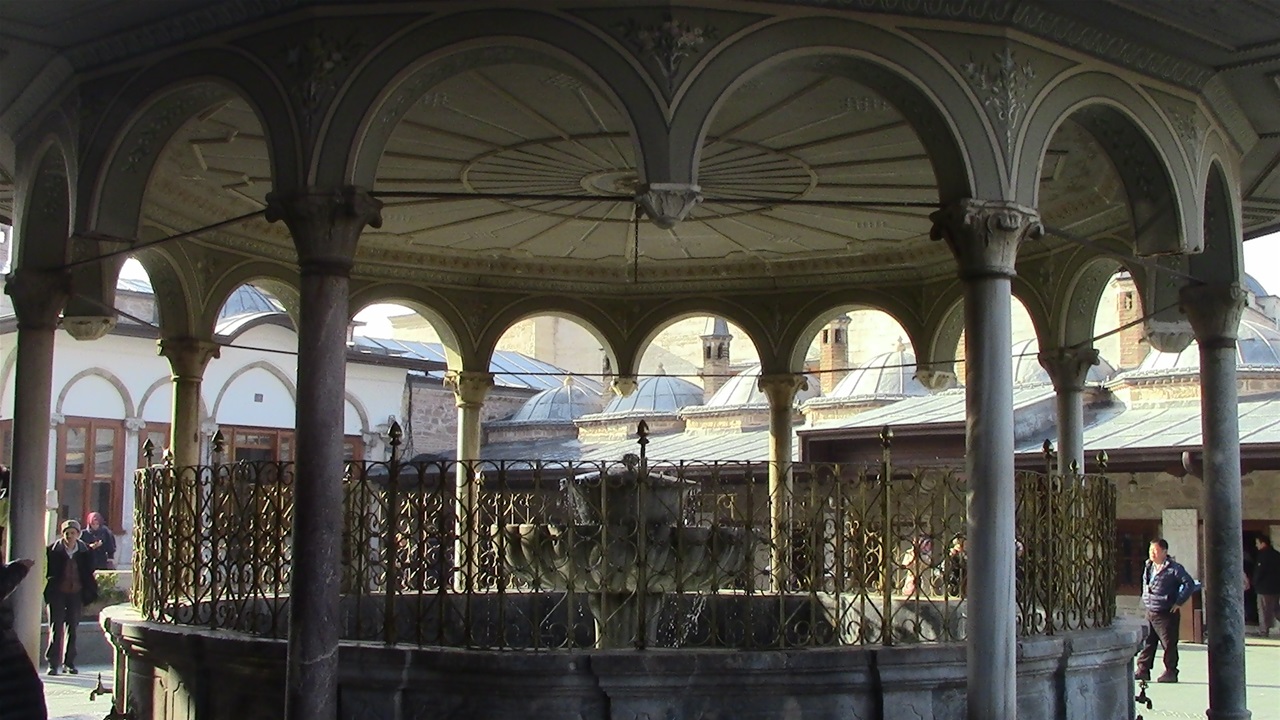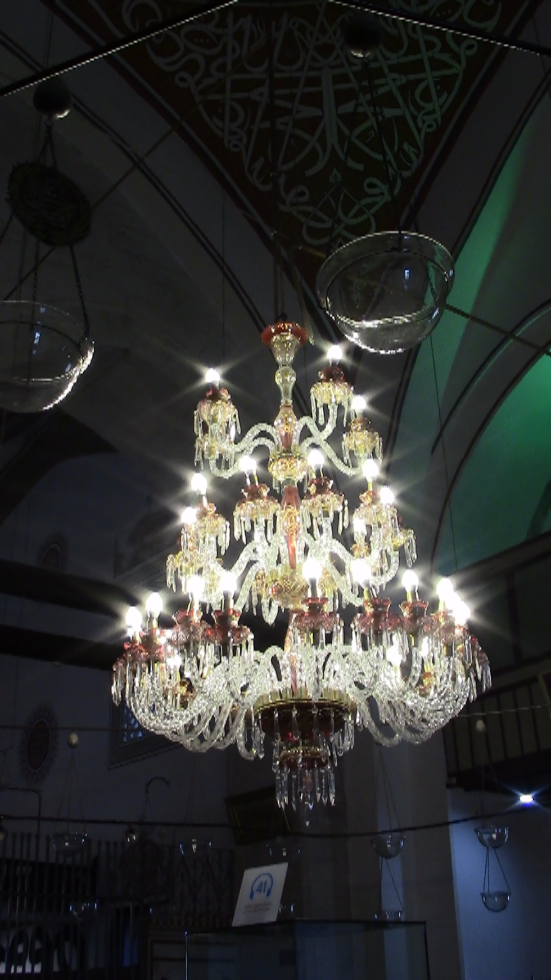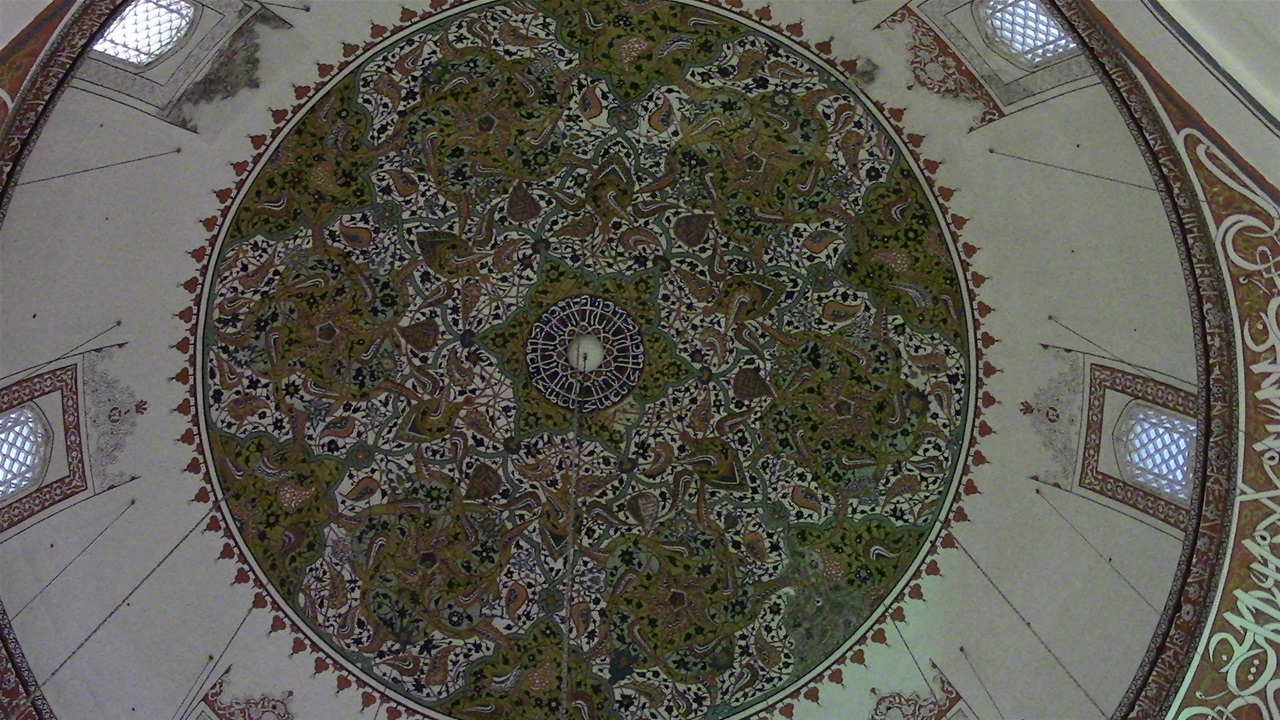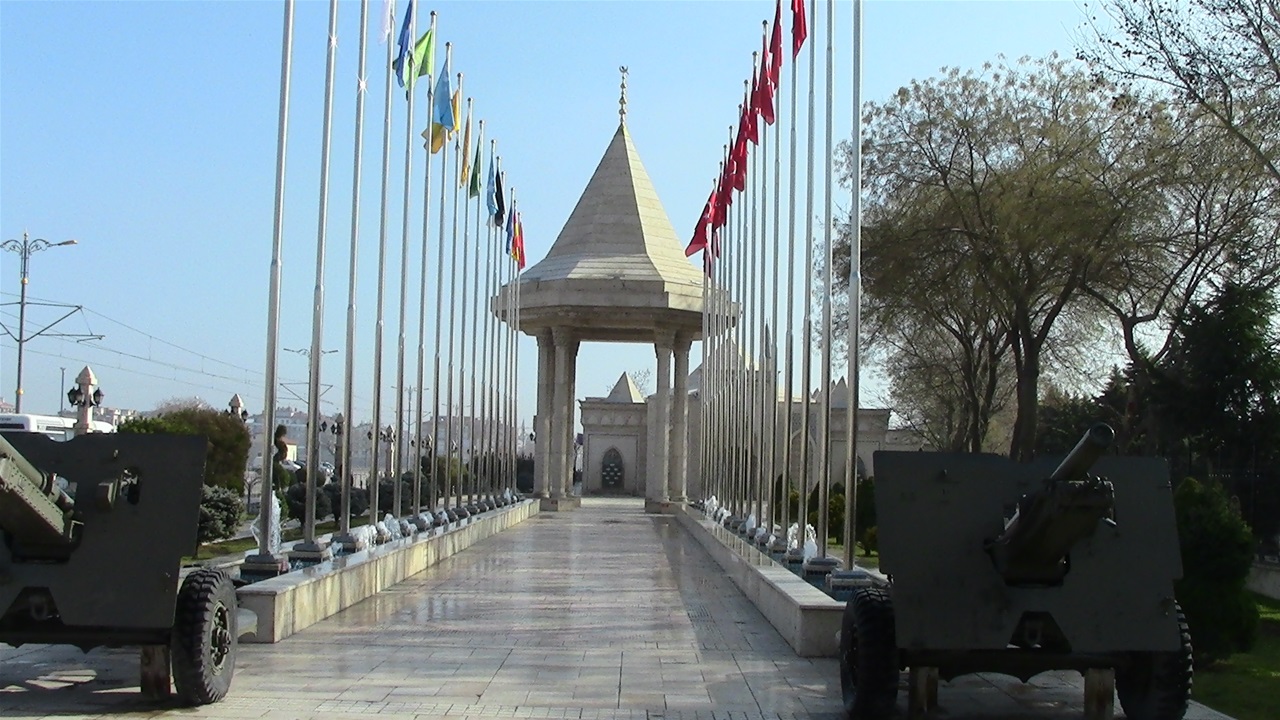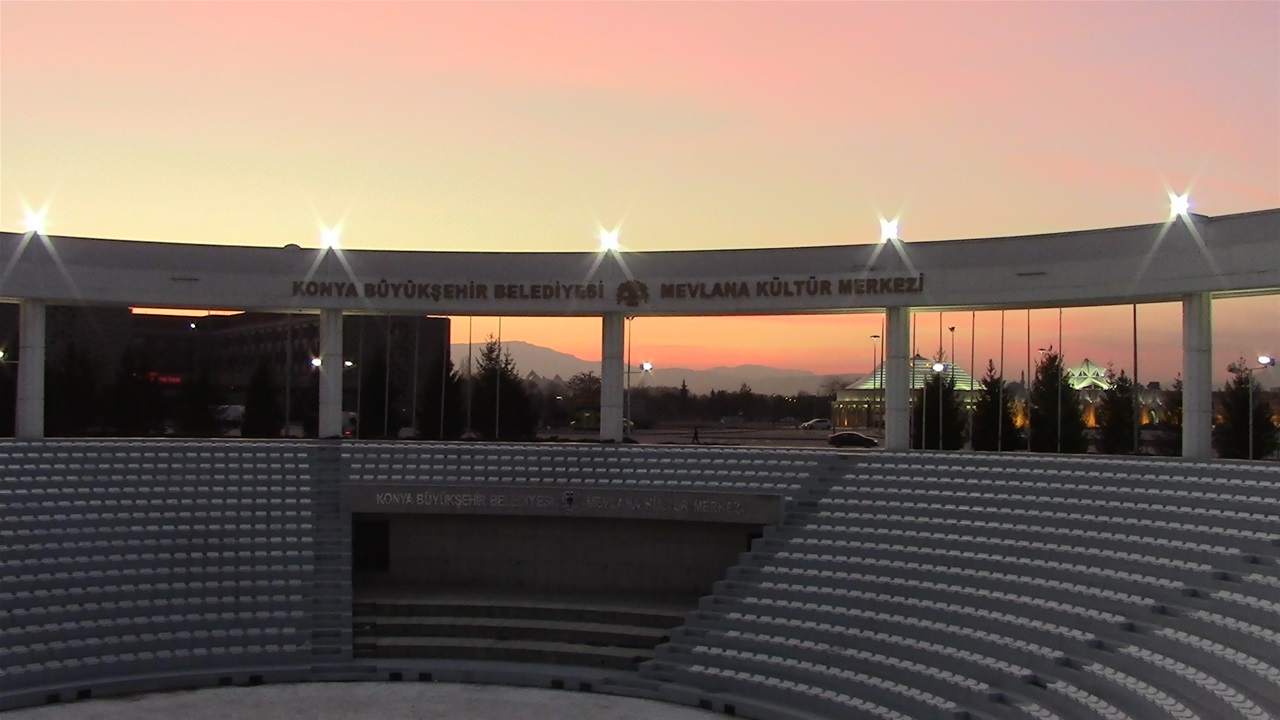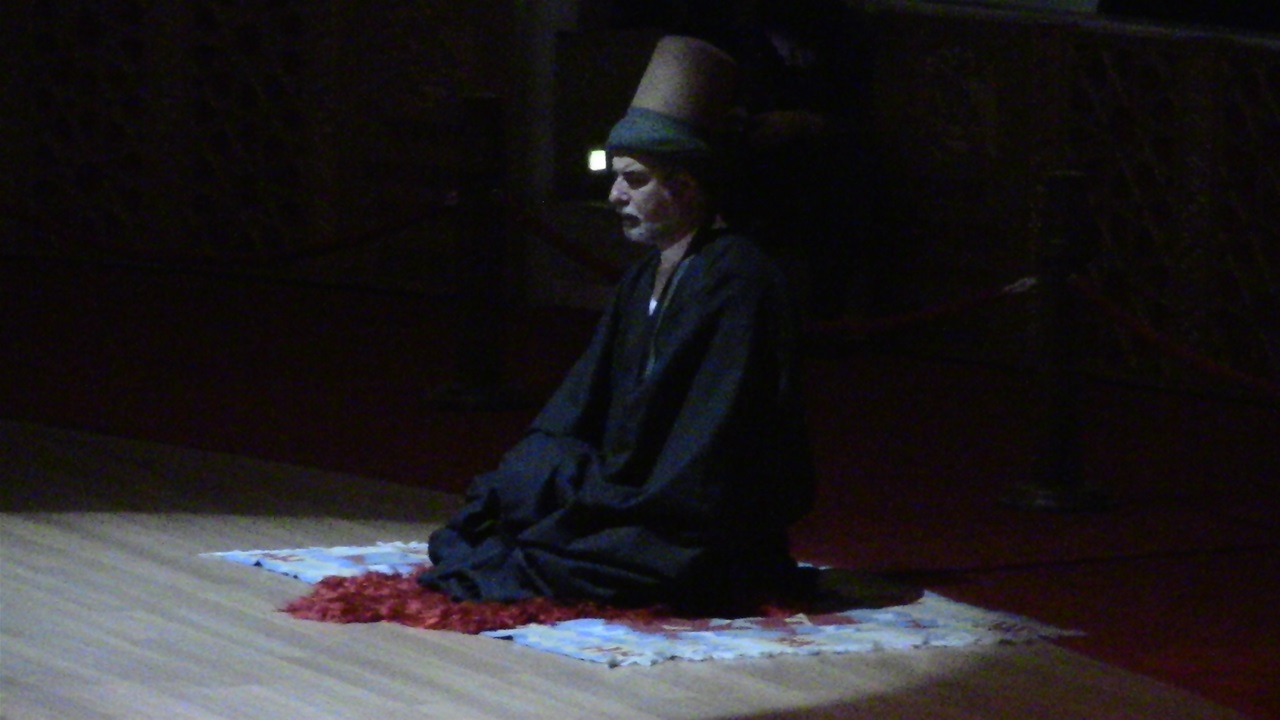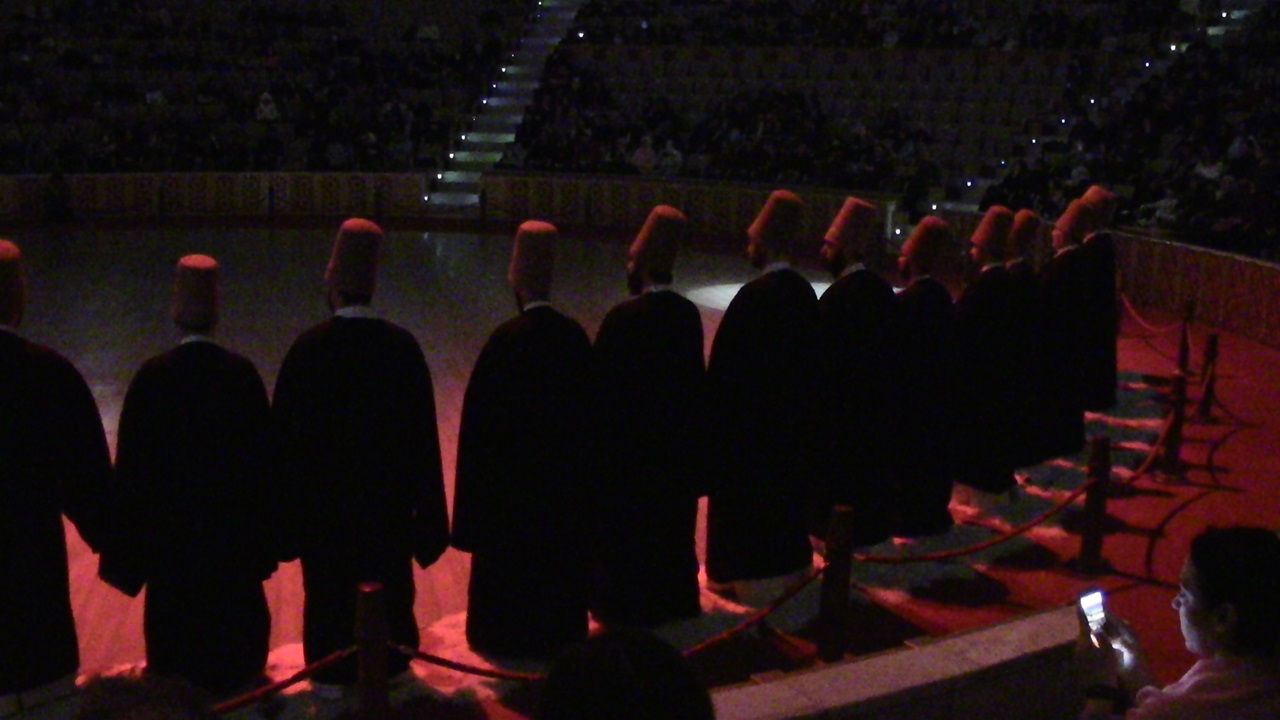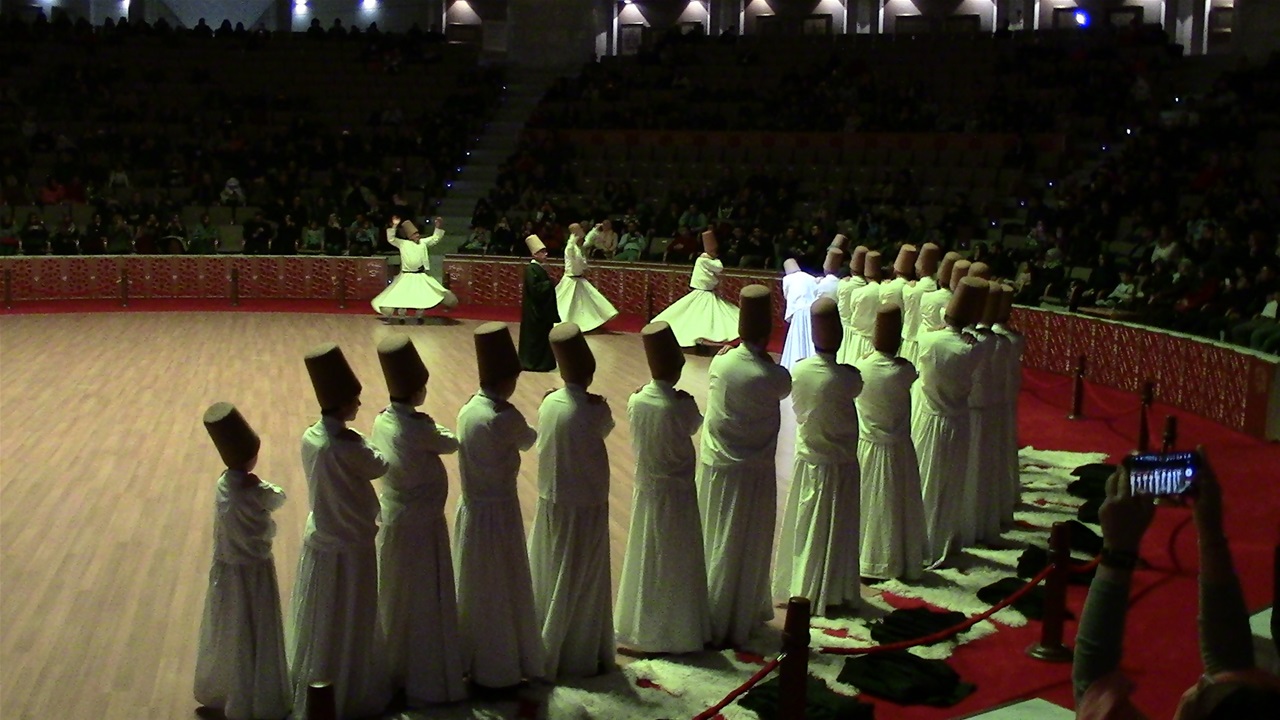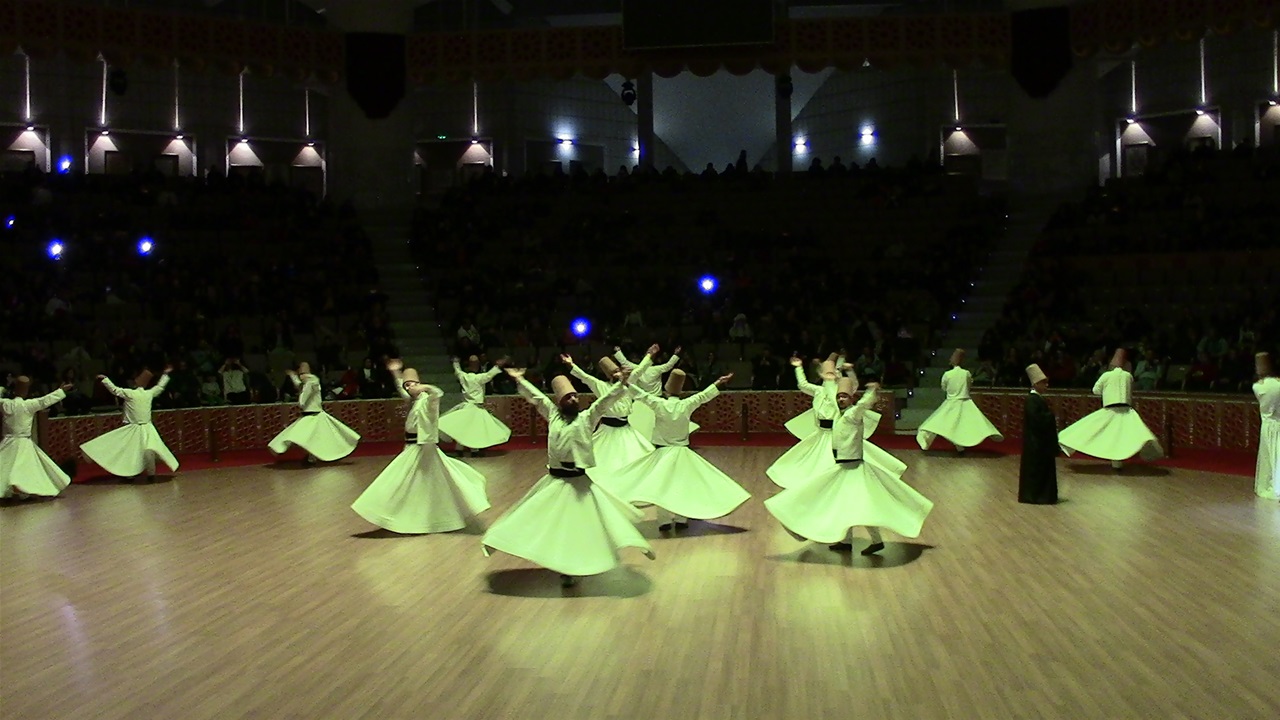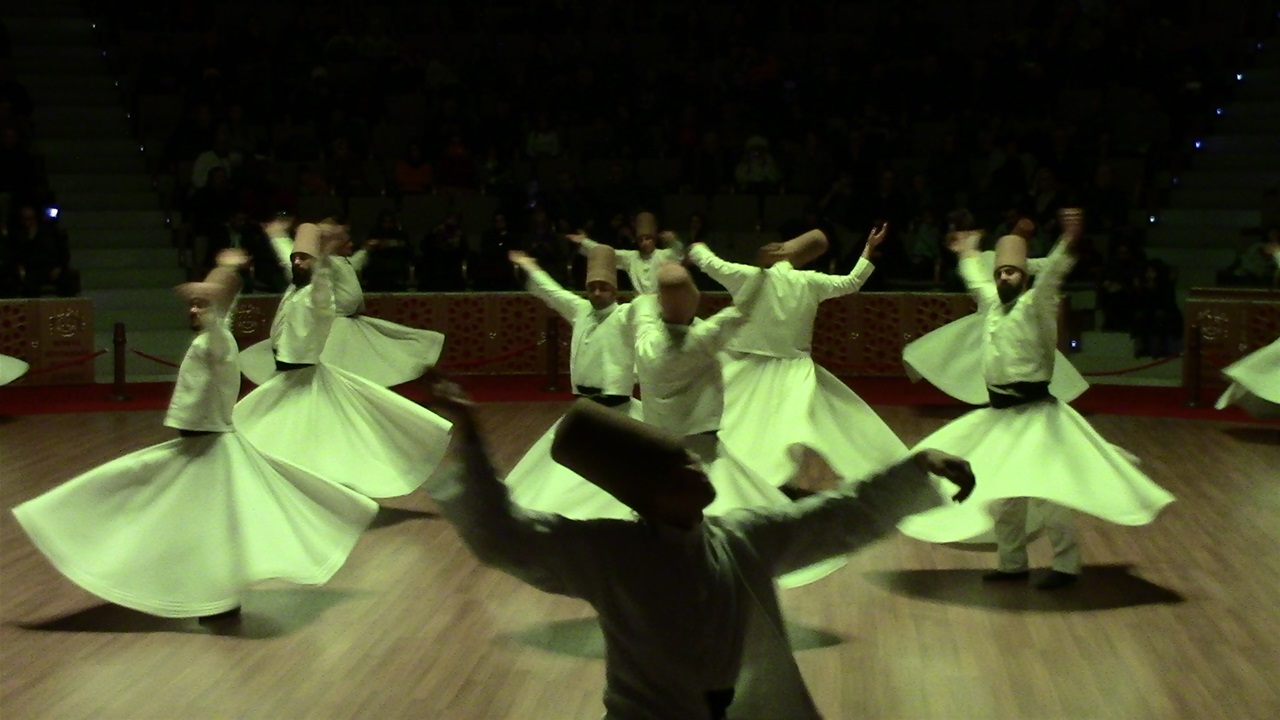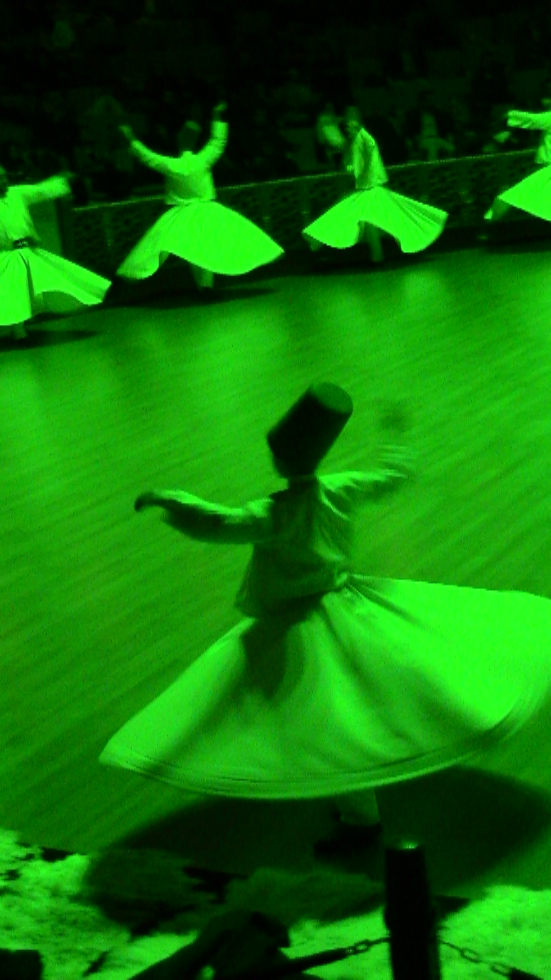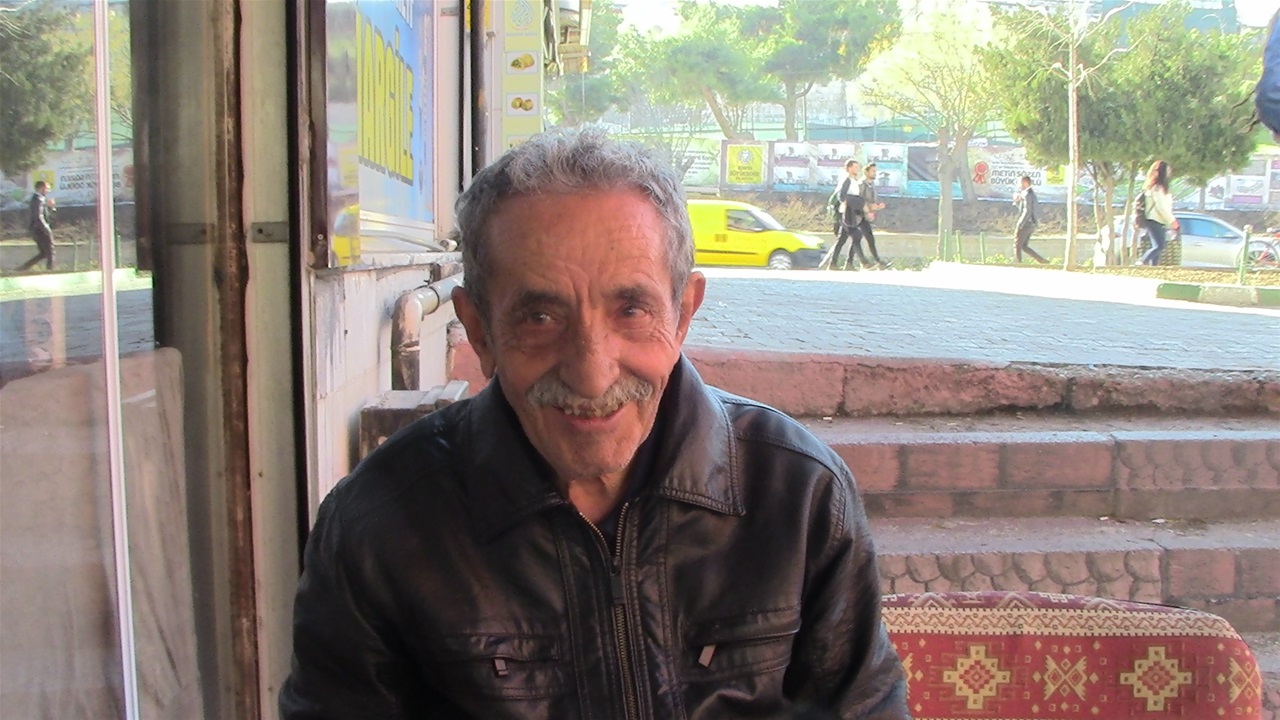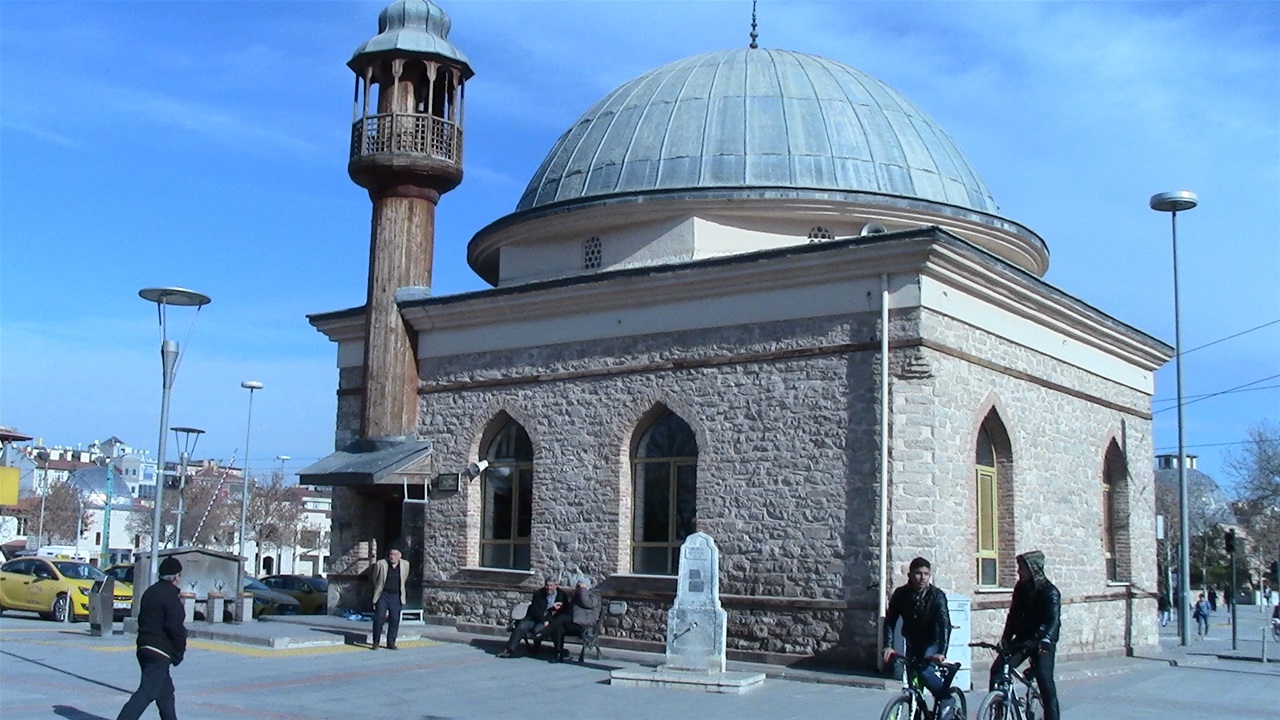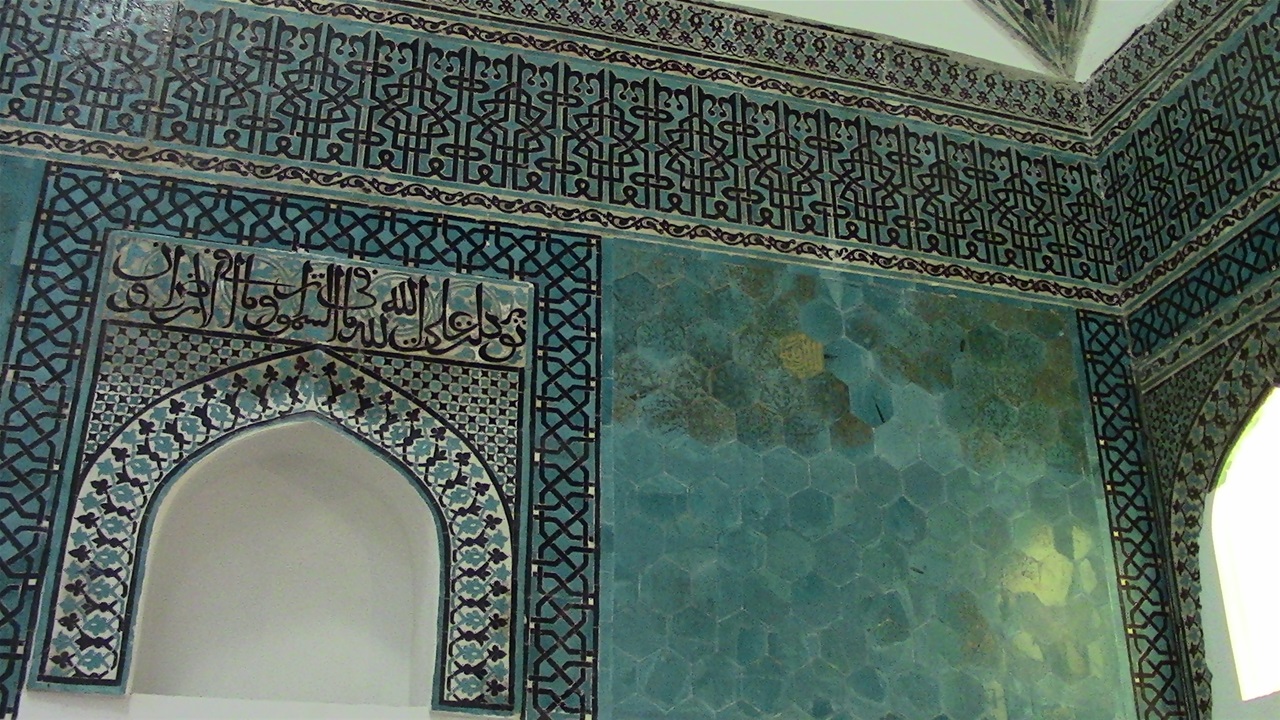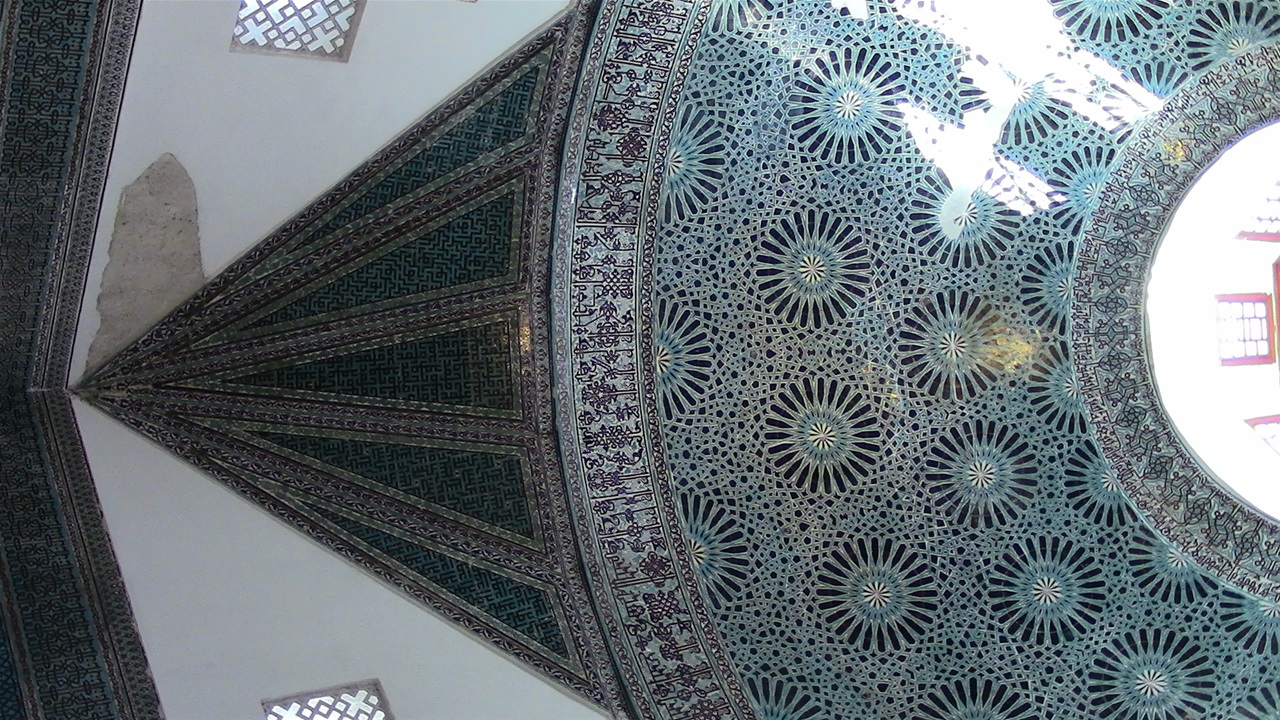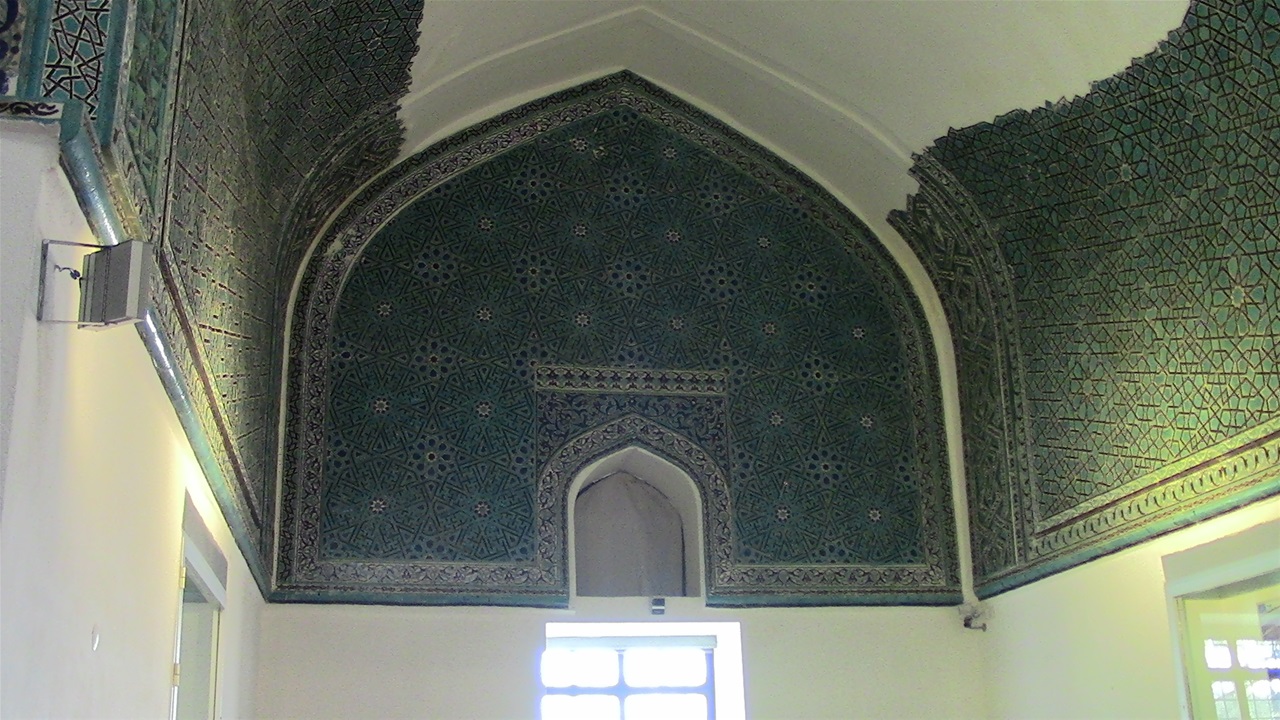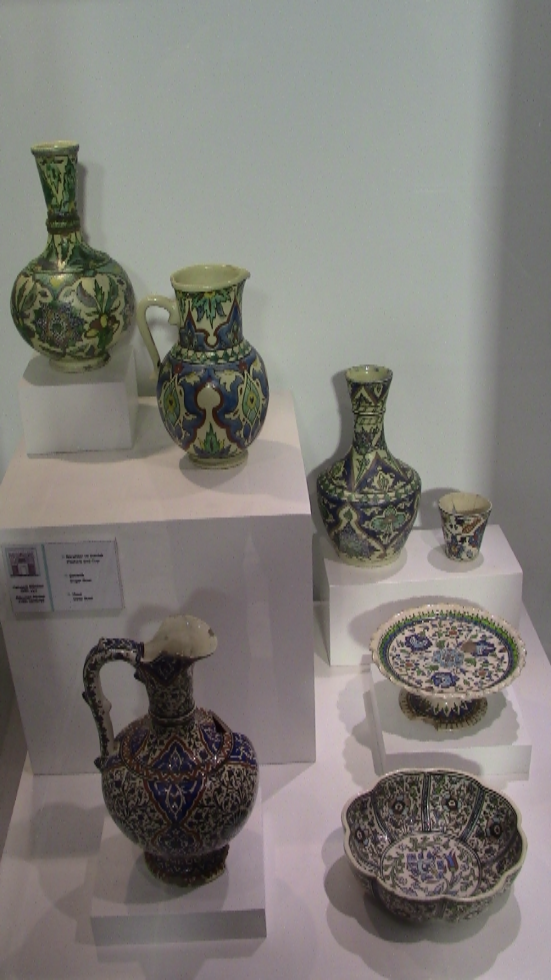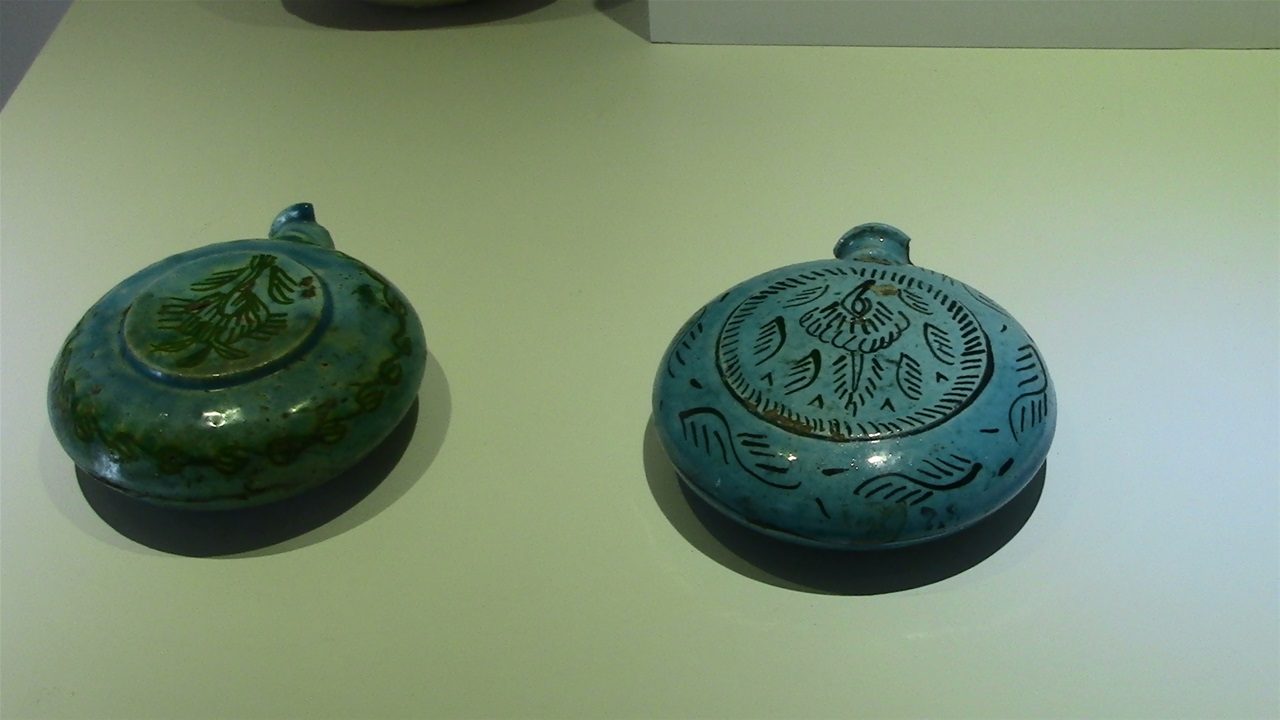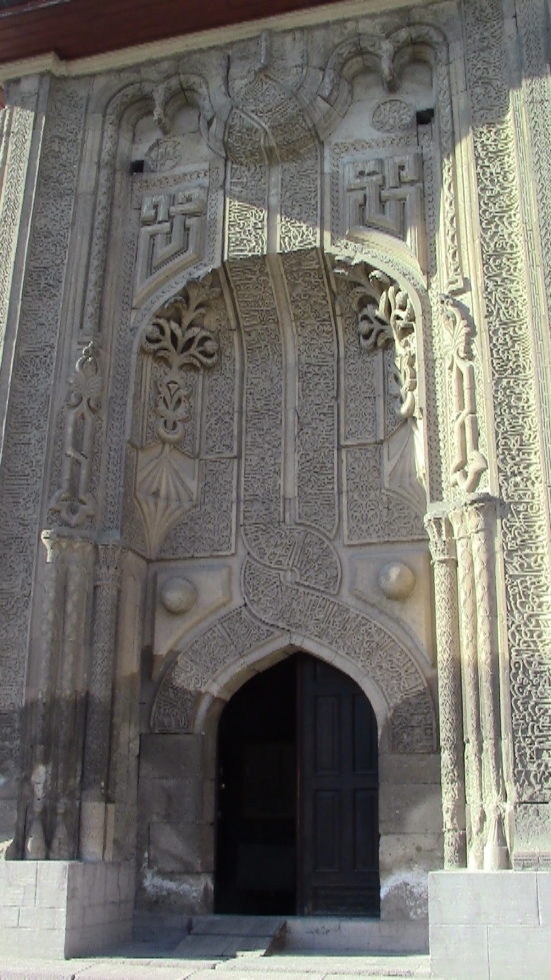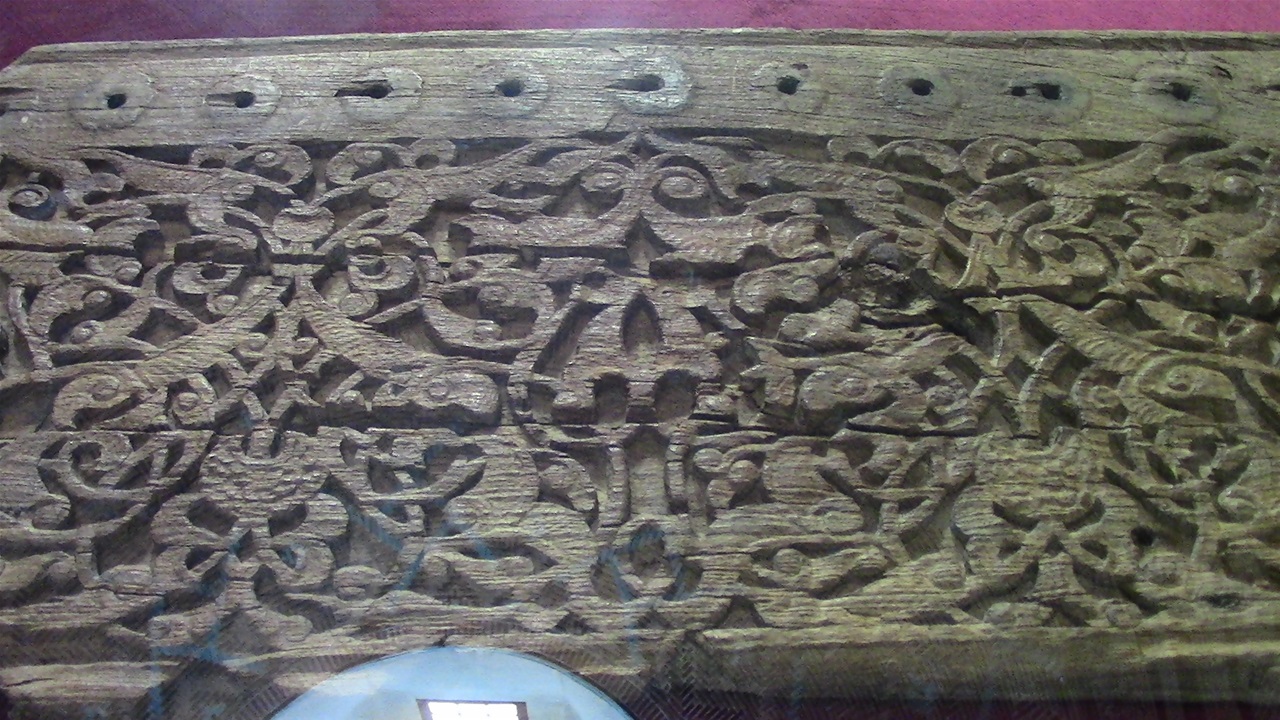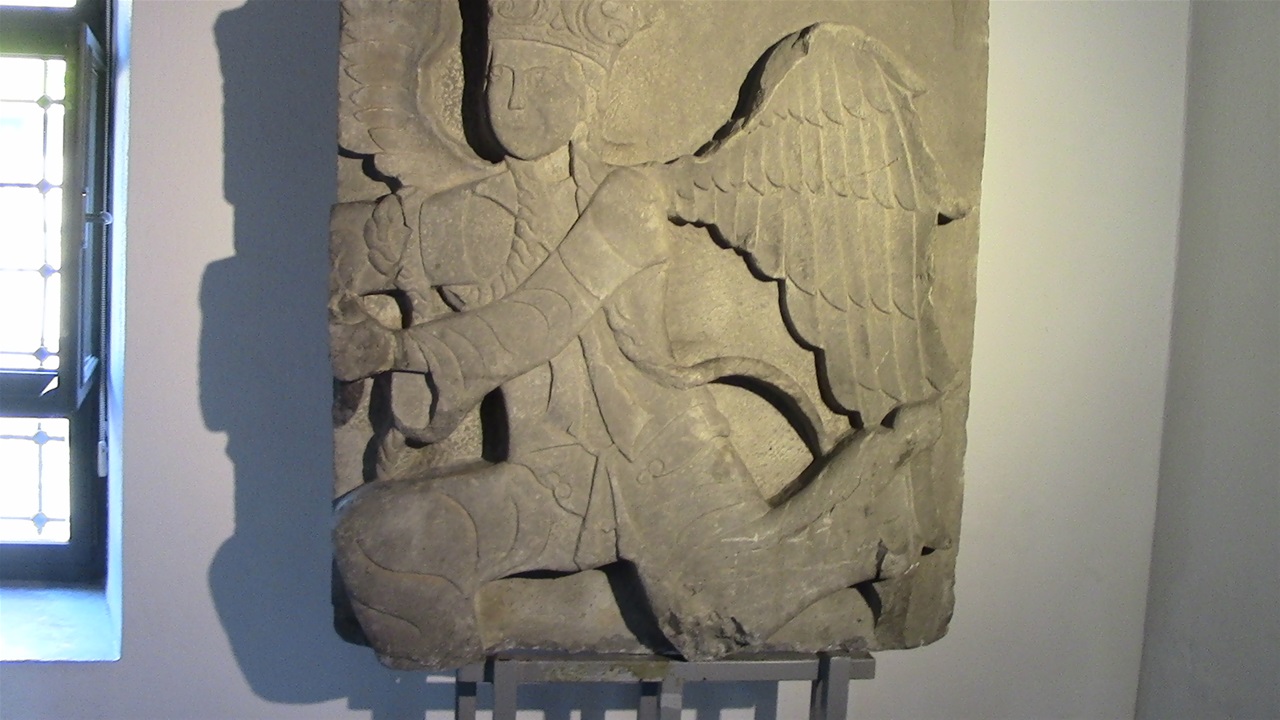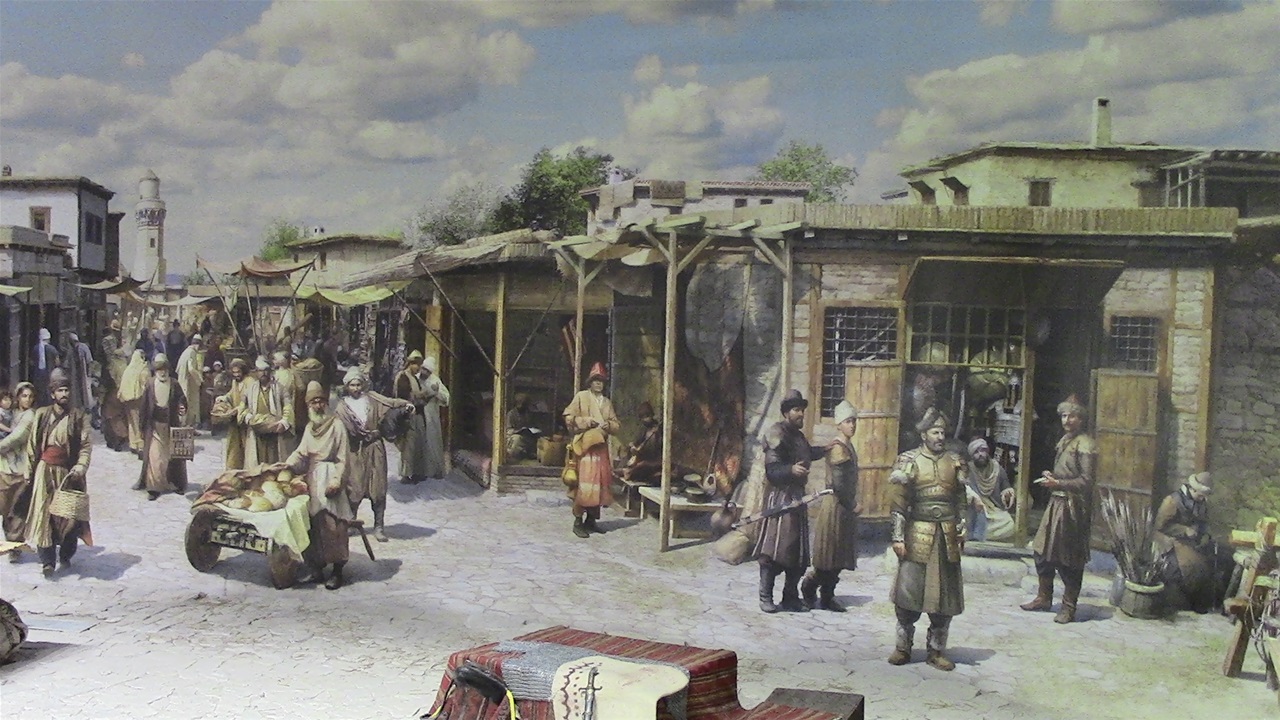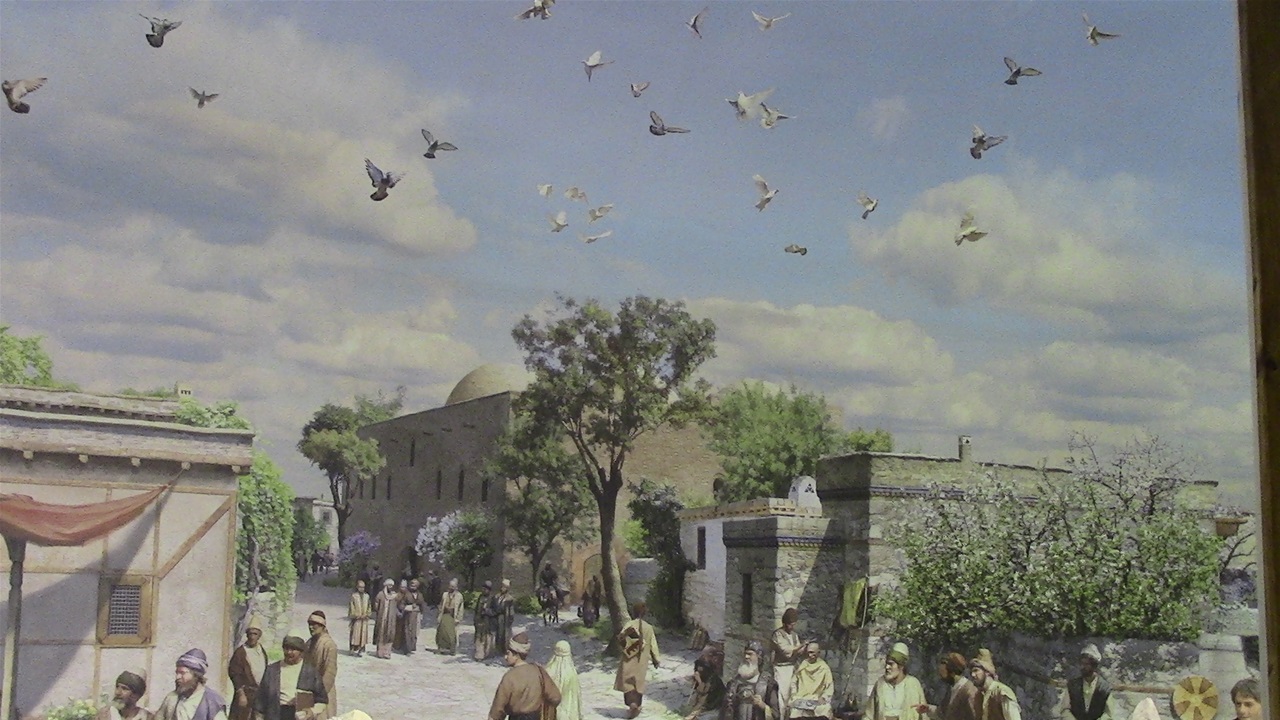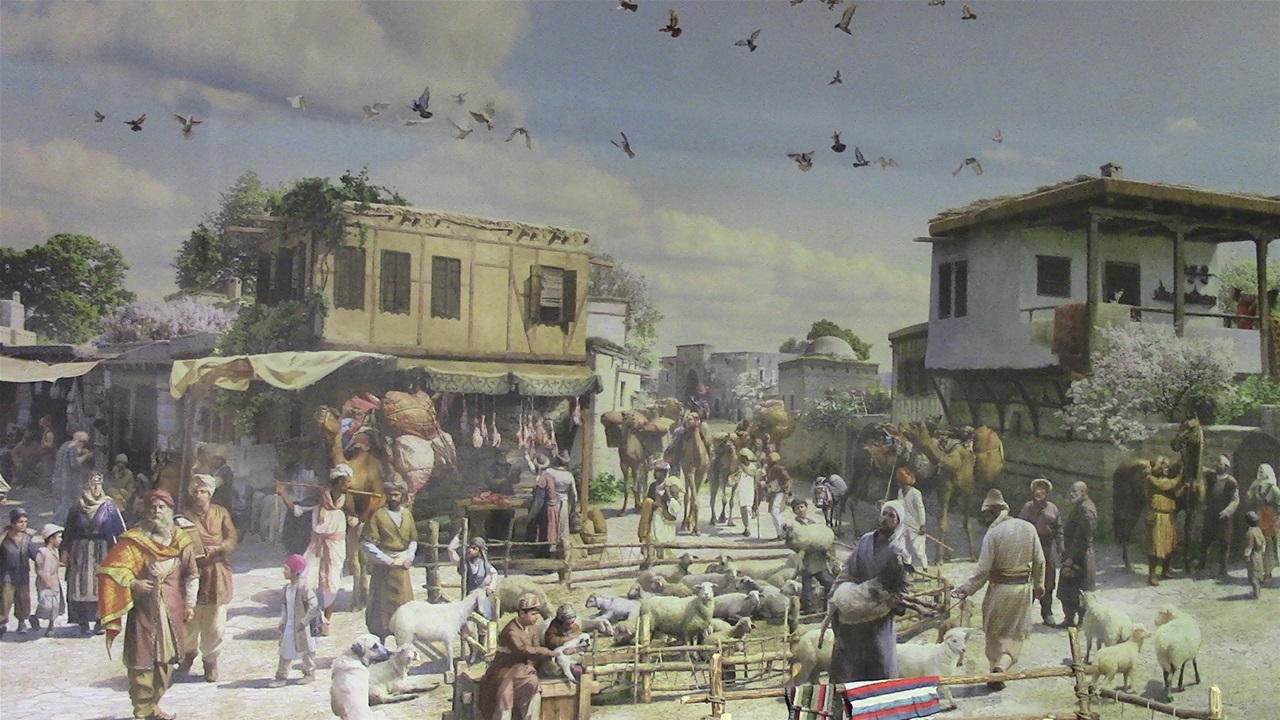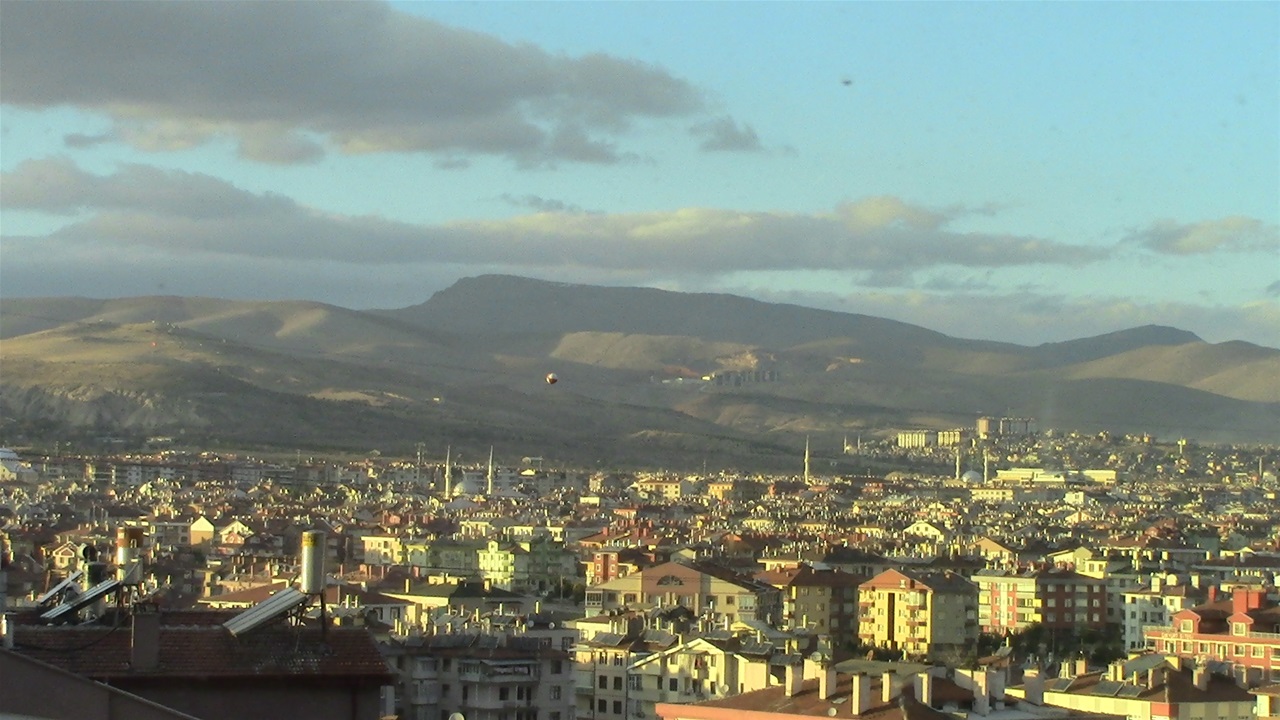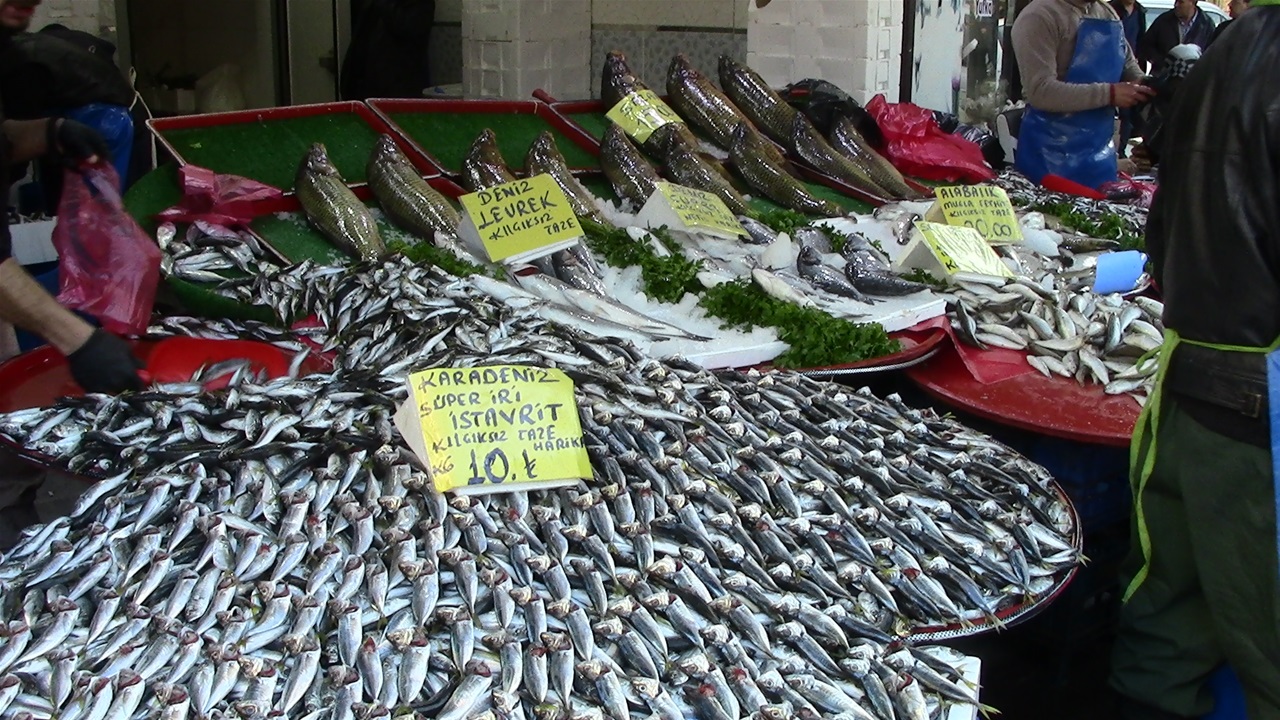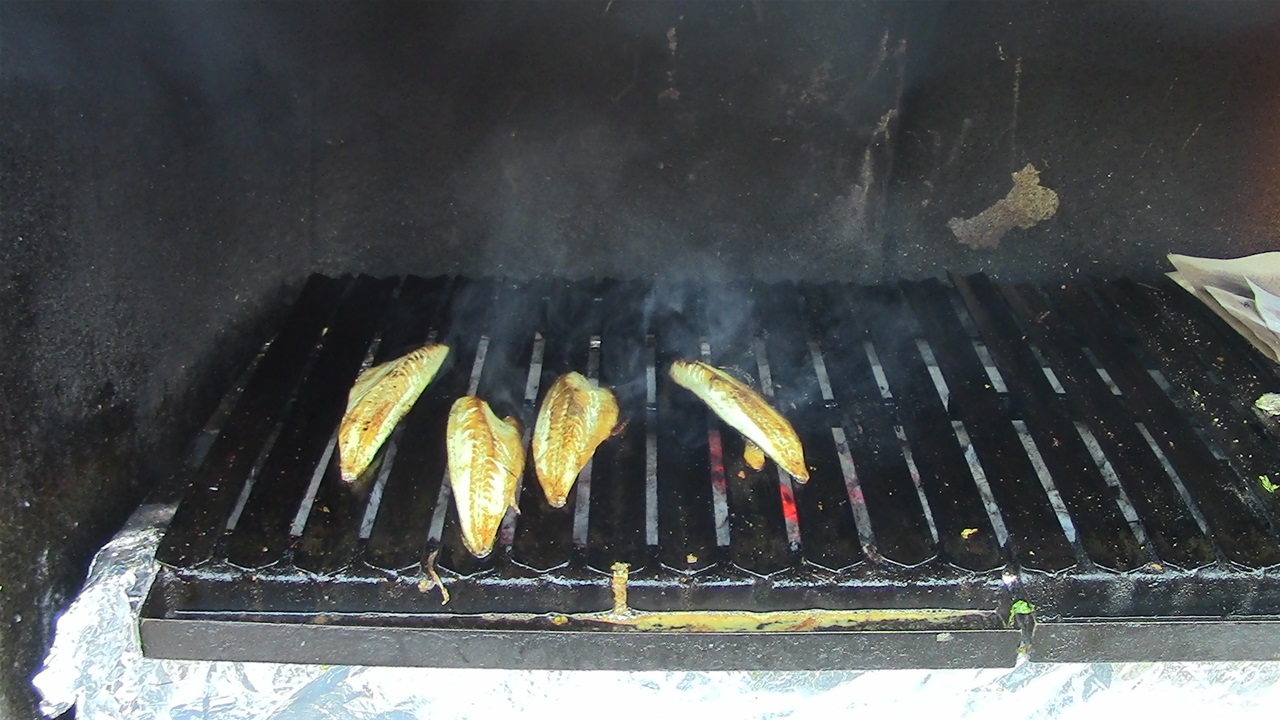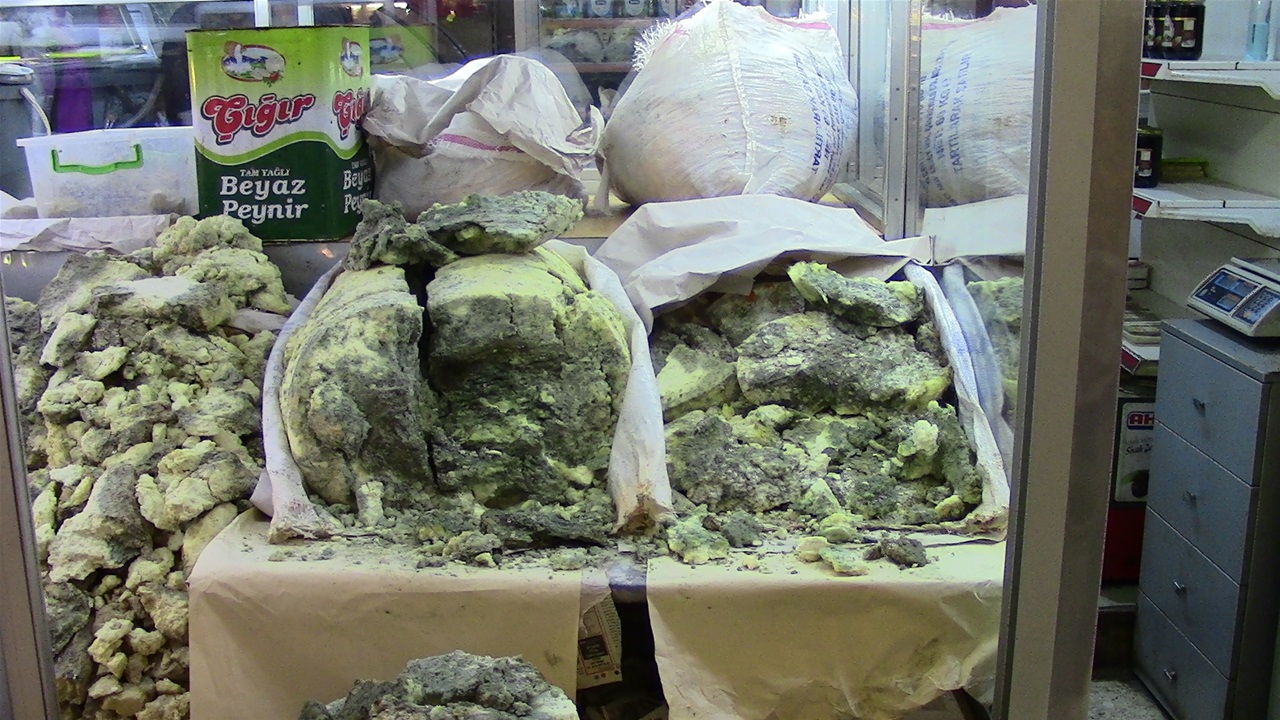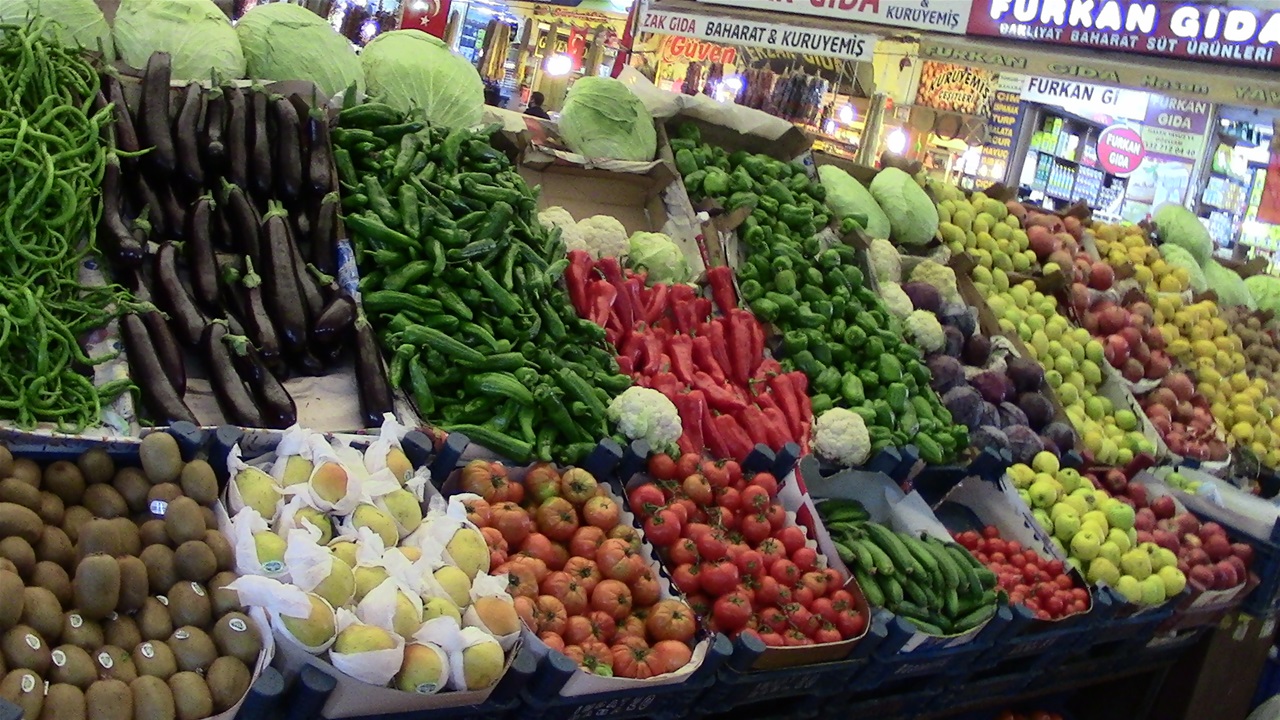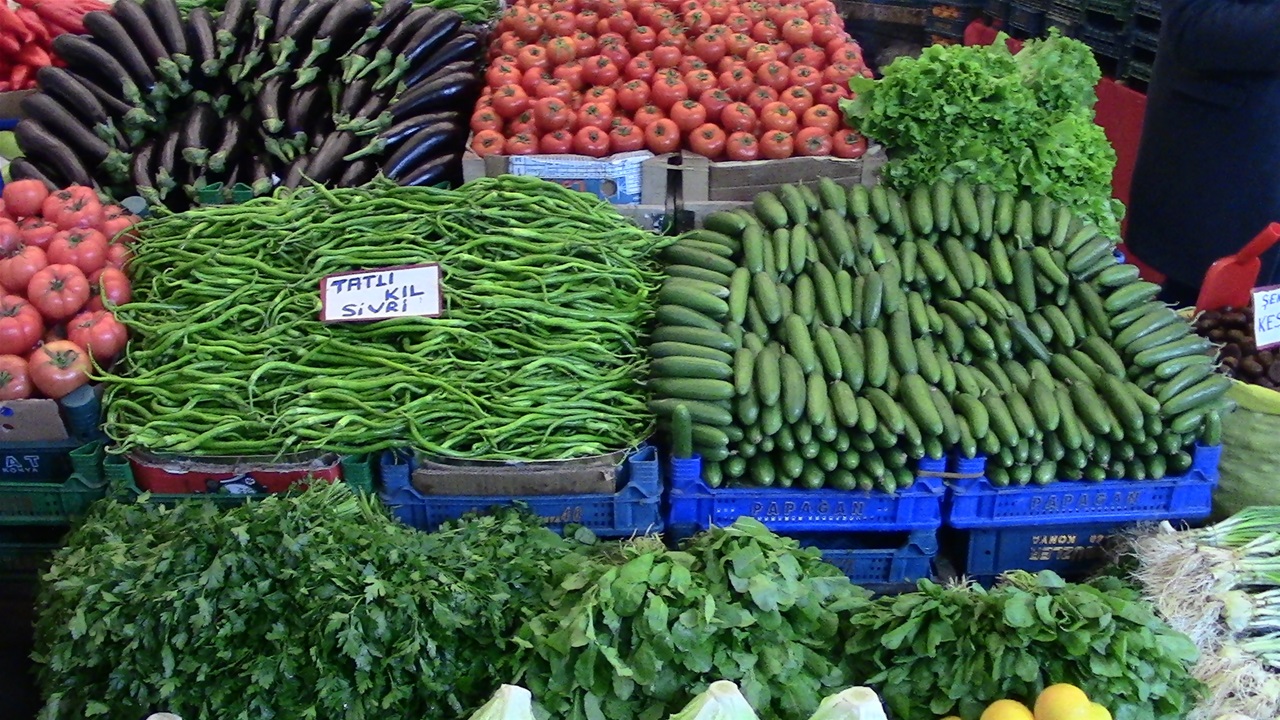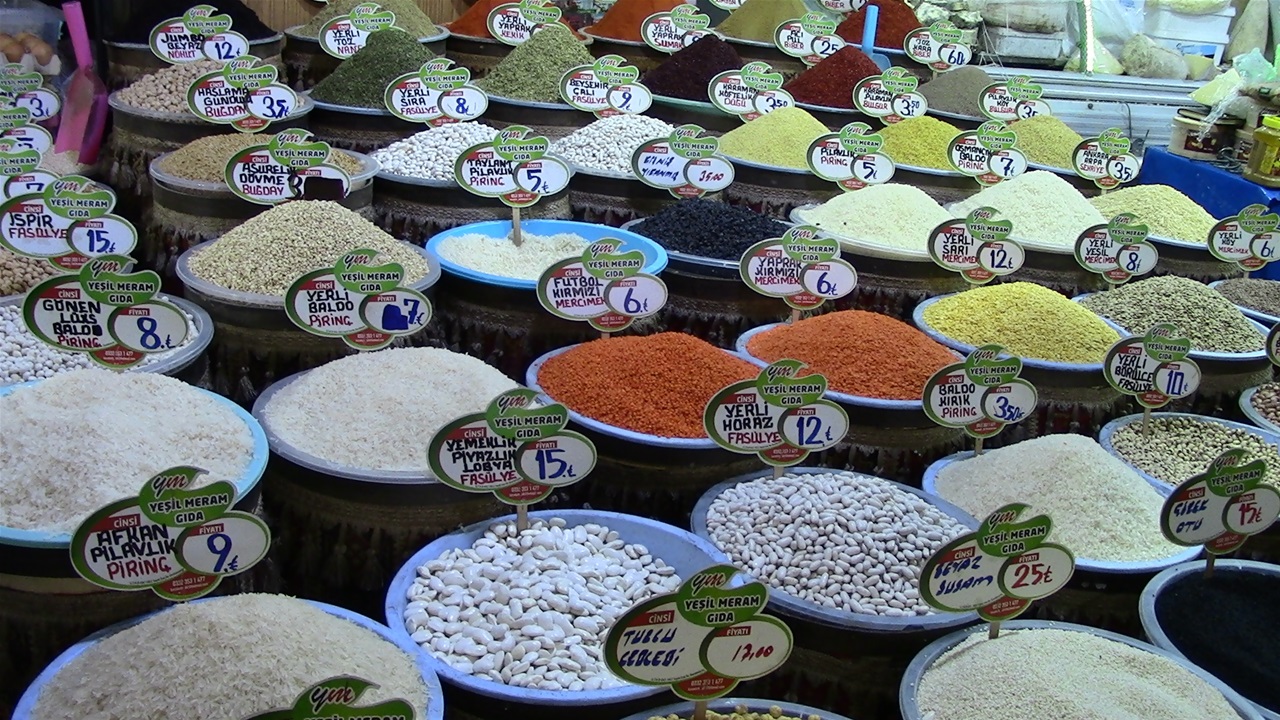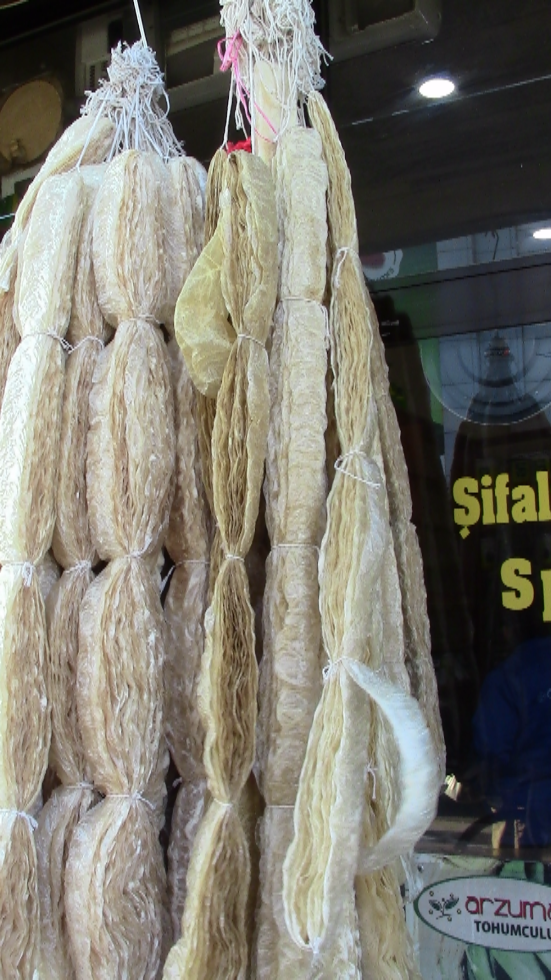Konya
As we are going to be in Konya for Christmas we decided to treat ourselves to a nice city centre hotel with a restaurant and spa. Konya is a pilgrimage site for Syfis, so I admit at first glance it is a strange choice for us to celebrate Christmas here. Most restaurants do not serve alcohol and it is hard to find a shop that sells it. But, Christmas is not all about alcohol! (Even for us old soaks). The founder of the Mevlana order, Jelaleddin Rumi, has his tomb here in the Mevlana museum. His followers, Sema Whirling Dervishes, perform religious ceremonies here in the Mevlana Cultural Centre. There are other Sema lodges around the world but this is the most important. So, thats why we are here!
Back to our hotel choice. Hotel.com. Pasa Park Hotel. King size bed in a non smoking room, bathroom with bath (most unusual in Turkey, looking forward to a soak, haven't had a bath since June), tea/coffee making facilities, small kitchenette, restaurant downstairs, breakfast included. Even has bathrobes and slippers, a big tv with satellite channels! Who needs alcohol? Very close to the important sights we want to see too. And, its usually about £90 a night and we get it for £23. Bargain. Whats the saying? If it looks to be too good to be true, it generally is! Its a standard room, with a big bed, shower room and stinks of cigarette smoke. The view is of a grotty backstreet, if you opened a window you would add `dustbin` to the mix. Even if we had any, no amount of Febreese is going to shift this in a hurry. There are no bathrobes, the tv is basic and flickery, the wifi is poor too. A trip downstairs to reception! The girl on reception pretends poor English, my Turkish is improving but beyond simple requests I am lost too, so a conversation through `translater` on the phones takes place. Shock that someone has smoked in the room! Tut tut. Sorry about that. Then, the big reveal..........there is no restaurant, it is closed probably permanently! Suggests Kebap shop, down the road. We are both tired, probably over reacting and being a bit sensitive to cigarette smoke, so we struggle on. Kebap for dinner, illicit bottle of wine (you can get it if you know where - the secret is `Tekel`) and bed. In the morning I feel like I have slept in an ash tray. My previously sore throat is protesting, my head is thumping. The hotel information sheet kindly tells me breakfast is TL 20 per person! No way Jose. We go out and get omellettes, salad, bread and two cay (tea) each for TL23 total! Having had a good scout around, visiting the Mevlana museum on route. We spend a good morning finding our way around. Then return to the hotel to freshen up. Key card doesn't work! I trudge down to reception, `happy chops` recodes it. Back up to patient Norman waiting at the door, still doesnt work. On my way back down AGAIN I meet the porter who took our bags up the day before. We will call him `scared rabbit`. His card works but he doesn't understand why I need mine to work! Back to reception! `Happy chops` and `scared rabbit` have a quick fire conversation and finally I get a card that works. Up in our smelly room I call hotels.com. They speak to the hotel, but cannot get us moved to another hotel (despite the rubbish untruths on their website) but they offer us an $80 refund. Fine! Not happy! Not spending Christmas here. Doesnt take long to pack, I didnt want everthing to smell so had only unpacked the essentials. Bit of a fight with the bad wifi but got us a room at the Ibis on `tinternet. Further out of the city centre but like a good breath of fresh air. Its modern, simple, clean, has a restaurant, free breakfast. So, to face `happy chops` and `scared rabbit`. There is an older gentleman on reception who advises me that `happy chops` is indeed the manager! God, help us! On our announcement that we are checking out and have complained to hotels.com about their fraudulent content on the website, her English improved no end. Suddenly they had nice rooms to spare and wouldn't we change our minds? Not for all the cay in Istanbul darling! I must say I probably flounced out of there in `Miss Piggy` style complete with a flick of my now quite long hair, but it felt sooooo good.
So, here we are in the Ibis! Welcomed into the fold by a nice receptionist, to a nice bright clean modern simple room. Fabulous tv. Huge shower (big enough for two....will get my back scrubbed one way or another. wink wink). The restaurant is part lounge, part reception room, open for all except for three hours of the very early morning (but if you have an early departure they will accommodate). No room service as such, but you are welcome to take your food upstairs on a tray if you like. There is a Tekel just up the road and takis (taxis) on the door step. We are on the 8th floor with far reaching views across the suburbs to the mountains. We counted 28 minarets at least in our view. Woo hoo.
So, the highlight of our trip to Konya. The sema ceremony in the Mevlana culture centre. Every Saturday at 7pm, no tickets, no fee. Excuse my ignorance, I do intend to read up on it as I find it fascinating. But this is what I have learned so far. If I have it wrong, feel free to correct me, I am learning all the time. `Its a bad day when you don't learn something new!`
Jelaleddin Rumi was a phophet, scholar, mystic and poet born in present day Afganistan of learned theologians, he travelled widely. He used everday circumstances to explain spirituality.He searched for the truth of love for humanity. After a while he realised the finest love could only be attaintained if it came from within. He died in Konya in 1273. The whirling dervishes are followers or desciples of Rumi. Through dance, music and readings they celebrate and worship. The grey/beige woolen conical hats (Sikkes) symbolise their own tomb stones, and their black cloaks symbolise their graves. When they `whirl` their left foot never leaves the ground and stands steadfast metaphorically on the Koran. The right foot steps around and around the left foot anticlockwise, on a path around the world, which is the Koran. The dance becomes a trance as the dervish becomes more entranced. His right hand palm upwards receives power from God, his left hand palm down bestowes it on the earth. The dervish is an instrument of God and is only a method of passage to transfer power to the earth.
Totally mesmerizing. My photos won't do it justice I am sure. The ceremony starts with a long introduction and reading from the Koran. Of course, this part was lost on us, then the musicians arrived on the stage built into the side on the theatre. There are stringed instruments but the predominant instruments are drums and long pipes called `Ney`. The chanting is pure and melodious. Fabulous deep clear male voice. Slowly the Sheikh whos `Sikkes` includes a turban at the base, parades slowly around the arena followed by the dervishes in their black cloaks. They bow to the Sheikh in turn. Then, they remove their cloaks and one by one start to whirl. Their clothes consist of soft black leather shoes, white trousers, a white bodice attached to a gathered floor length skirt. Around the waist is a black sash. Finally there is a short white jacket which is attached to the bodice on one side to prevent it flying open in the dance. Its very simple and unadorned.
I am sometimes concerned that it is me that is overly fascinated by these cultural events. I recall the Kathakali dancers performing in Kerala India, a few years ago. The demonstration outlasted our interest by at least an hour. Norman was most unimpressed. So, on leaving the whirling Dervishes ceremony, I didn't say a thing. I didn't ask if he enjoyed it. We walked through the centre of Konya looking for a taksi, it was a cold night. Then as we walked, happy in our silence, Norman said `I will never forget that, it was amazing, very moving`. There is a favourite line in the film `Dances with wolves`, where the sargeant who captured the wayward Kevin Costner says `You`ve turned Injun ain't yer?`. Now, we keep saying `You've turned Turkish ain't yer?` at every oportunity to each other.
We took a taksi back into Konya from the Ibis, too far to walk, and very cold. Its Monday, we want to look around the Alaaddin museum and various other mosques. Oh lucky day! We bumped into Sabri Arici. Because of my hair, I am obviously not Turkish, Norman could probaby go un-noticed but not me. `Hello, welcome to Turkey, where are you from?`. Sabri introduces himself, he is in his 70`s, his English is very good, he has visited England. Now retired, he spends his days helping tourists. Maybe they just need directing somewhere, maybe they need some information. If you want to give him a few Lira, well thats nice but not necessary. I have made a mistake! Its Monday! Cleaning day in Turkey, the museums are closed. But, never fear, we can still enjoy some cultural places that are open. So, we adopt Sabri as our personal guide. For two hours he takes us around. What we are seeing is wonderful, but it is Sabri`s words that explain so much. Example: In ancient Islamic faith it was forbidden to make an image of a woman. That is why on all the wonderfull Ottoman tiles and plates we have seen, females look Oriental! Ahhh, a bit more of the puzzle revealed. He explains about mosques! The etiquette. A lot of mosques are quite beautiful. Exquisite tiles, carvings, ceiling etc. They are not so adorned with dripping gold and jewels as in other faiths but the beauty is simple and ancient. Sabri is a Muslim, but not practising. I can go into the mosque as long as I am decently dressed (no sleeveless tops or shorts, but the same goes for Norman), but during prayer time I need to use the `Bayan`(Ladies) entrance. Always, shoes off! Outside a mosque there is always an ablusion area. Muslins are very clean people and will wash their feet, hands and faces before worshiping. We were surprised that at prayer time, the mosque was so full, they put carpets out on the street to cope with the overflow. Sabri was showing us a water bottle, quite exquisite, he said it was for the animal watchers.....he meant shepherds and goat herders. For such a lovely item to have been made for such a humble person? But then, a goat herder was an important person. His husbandry skills were very important to the community. All this explained by Sabri. At the end of our tour, Sabri invited us for Cay (tea). We have learned that this is important part of Turkish culture and hospitality. Don't say no, unless you have a bus to catch. You will disappoint your host who will think he has offended you, or not been a good host. Also, its a great opportunity to learn more. We learned there are few homeless people or rough sleepers because, they are identified, their problems/issues addressed and they are helped! Not otracized, ignored or criticised, they are given help. Quite simple.
The old bazaar. Housed in a rambling building and narrow streets in the city centre this is an interesting place. All manner of things sold here. Fruit, veg, meat, fish. Of the more unusual, great mounds of extremely mouldy cheese. It looked unedible, smelt like very strong stilton and people were buying a lot of it. Also dried intestines to be used as sausage casings, nothing unusual in that, but we dont see it hanging up outside a butchers shop at home. Quite beautiful really, pale gold in colour, paper thin and shiny, almost like the shed skin of a snake, it rattled as the breeze caught it. On the fish stall, they were BBQing fresh fillets of mackerel, and selling them to eat straight away in a piece of bread. Smelt lovely, shame we had only just eaten.
Konya is a fascinating city. There is still so much to see.
